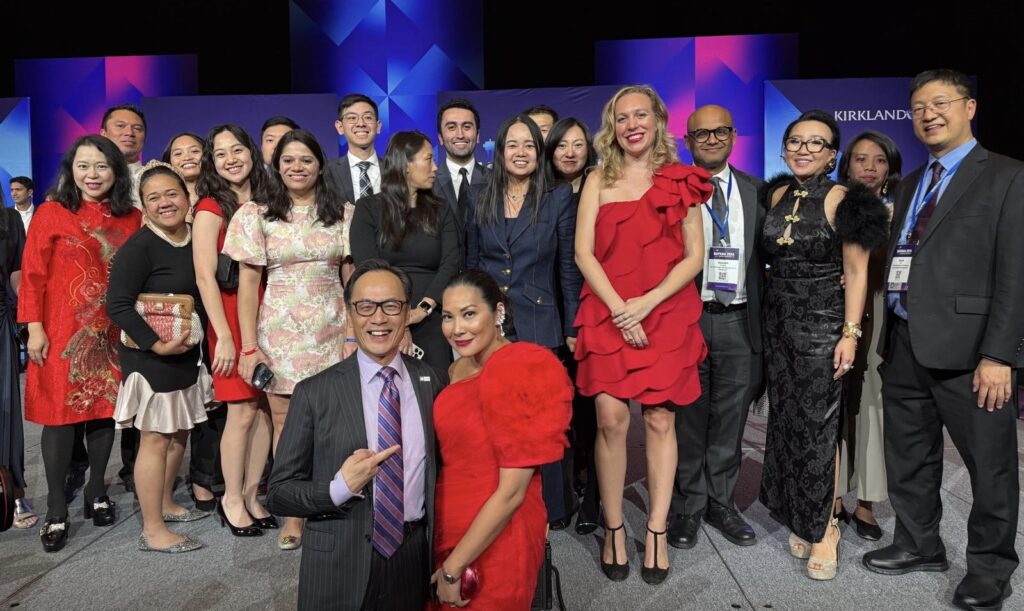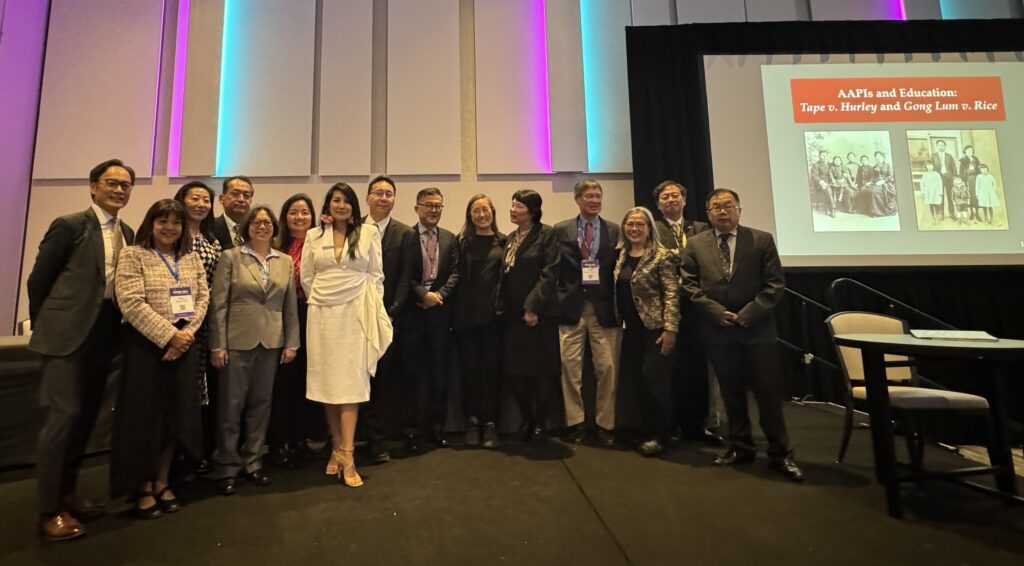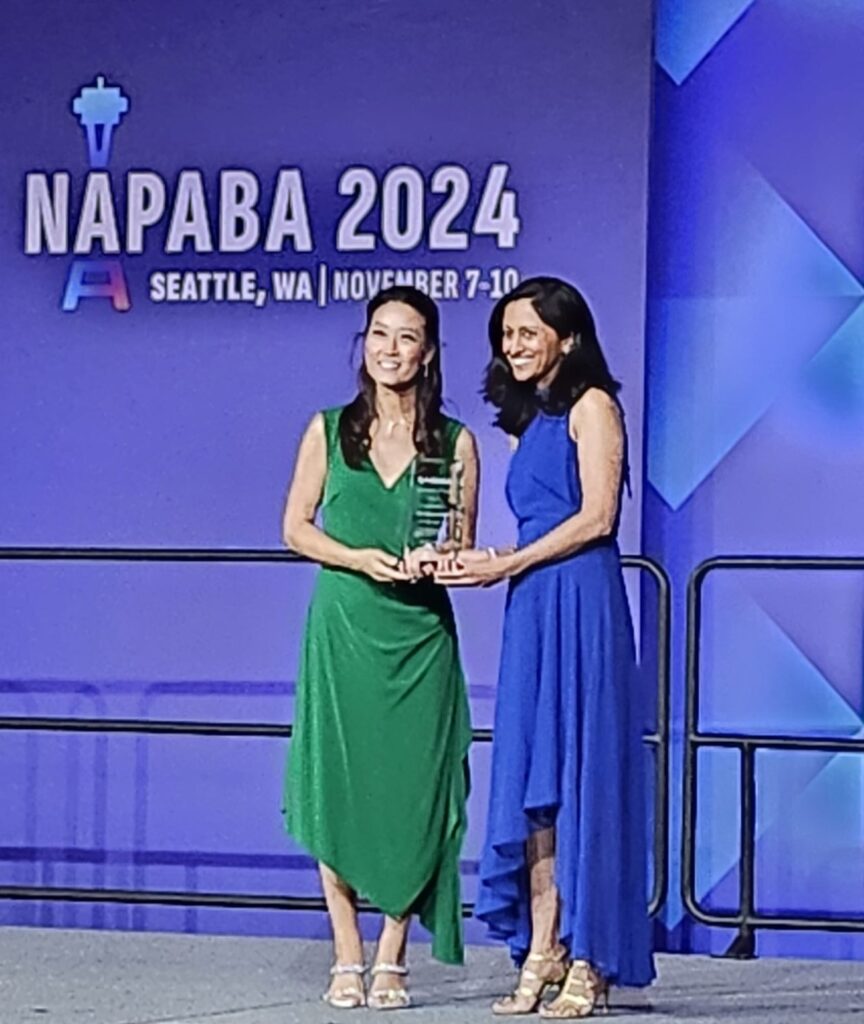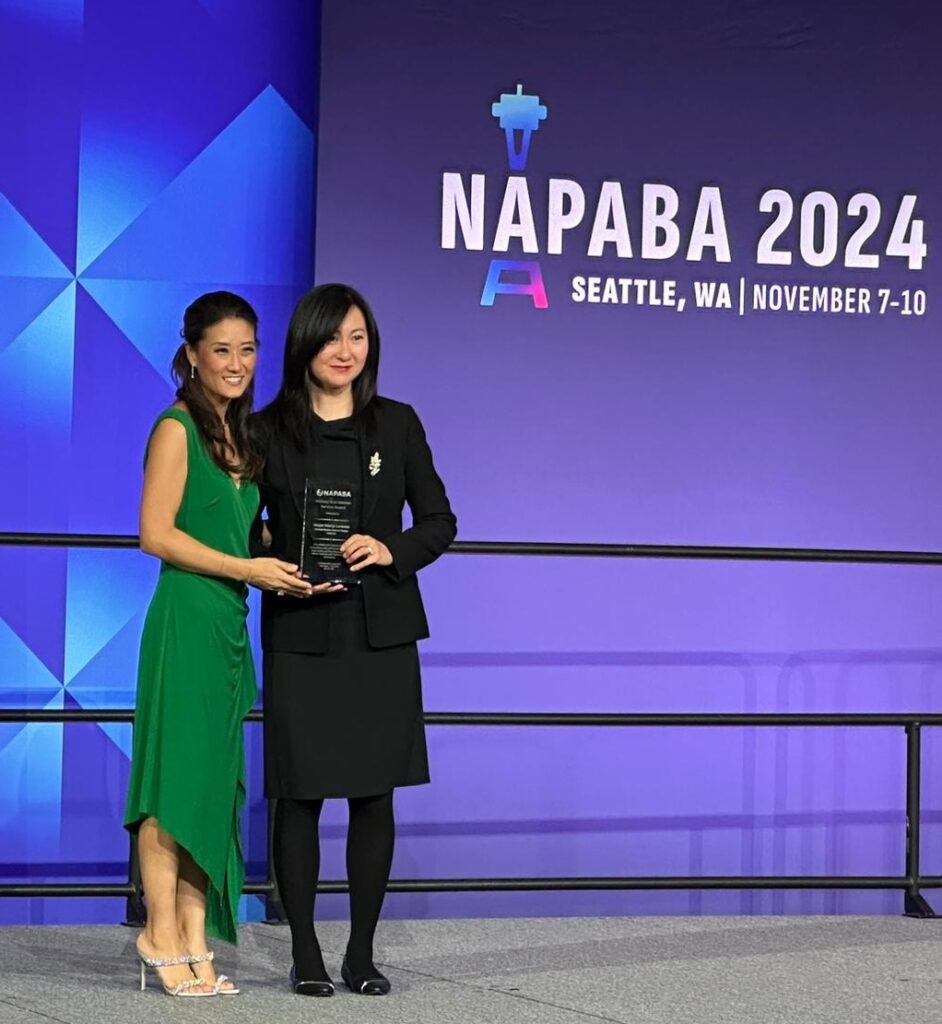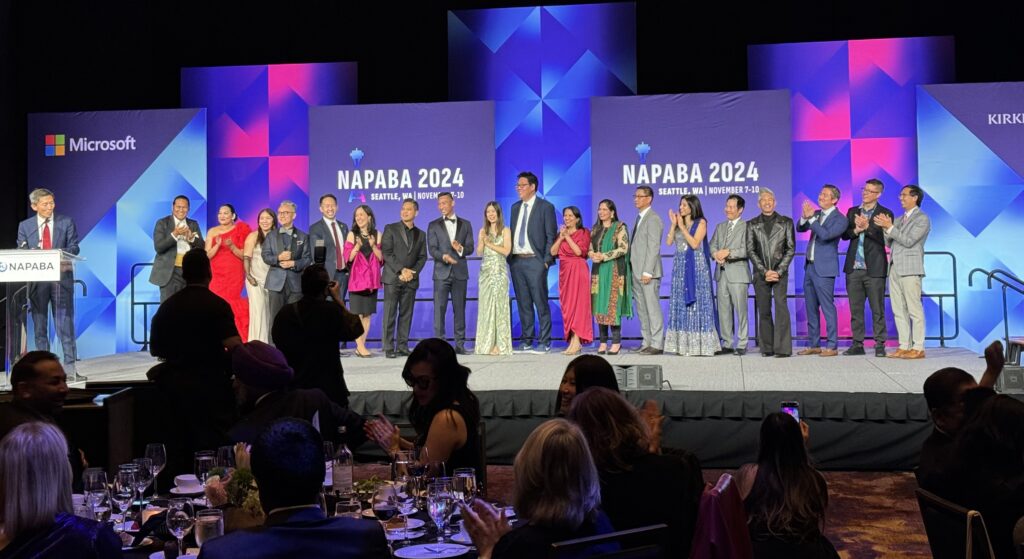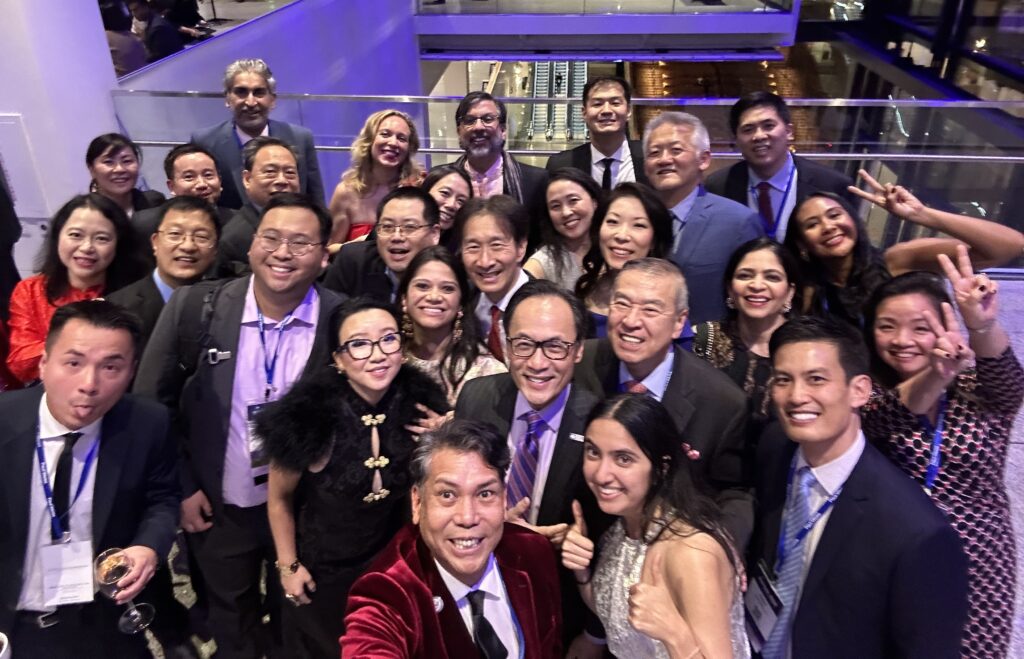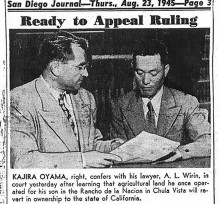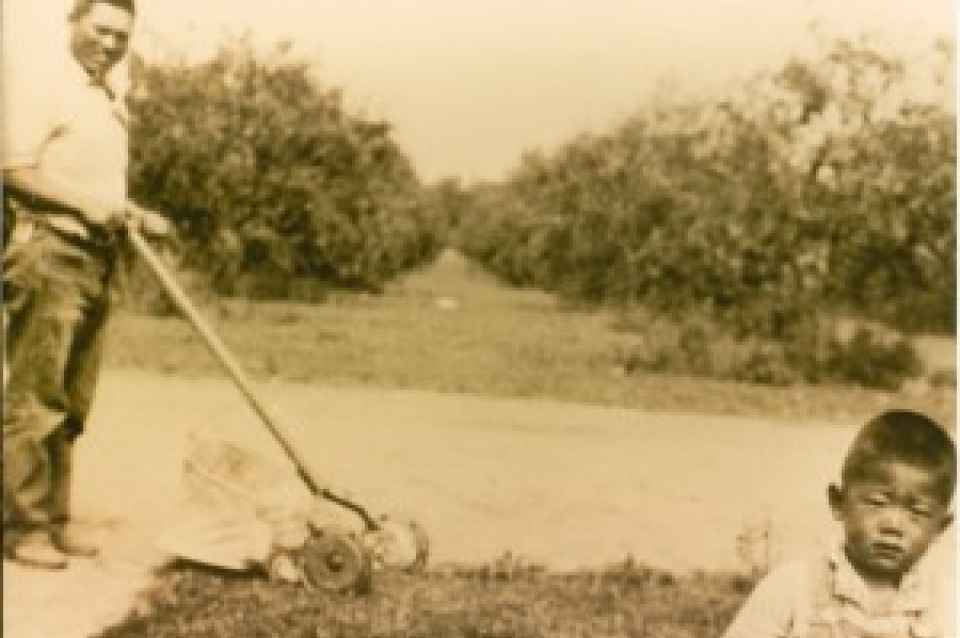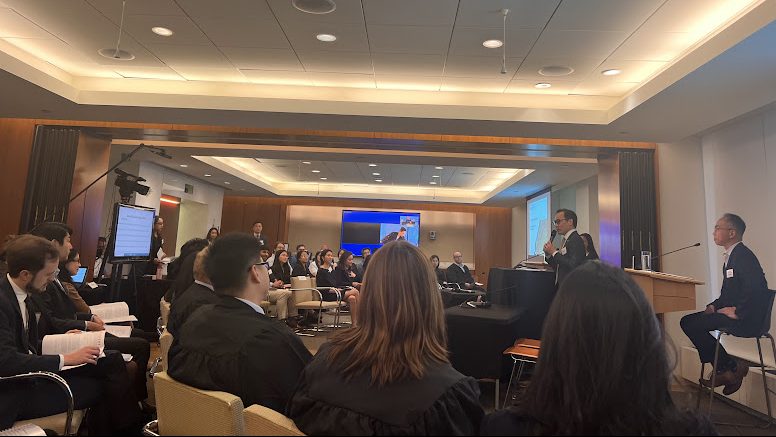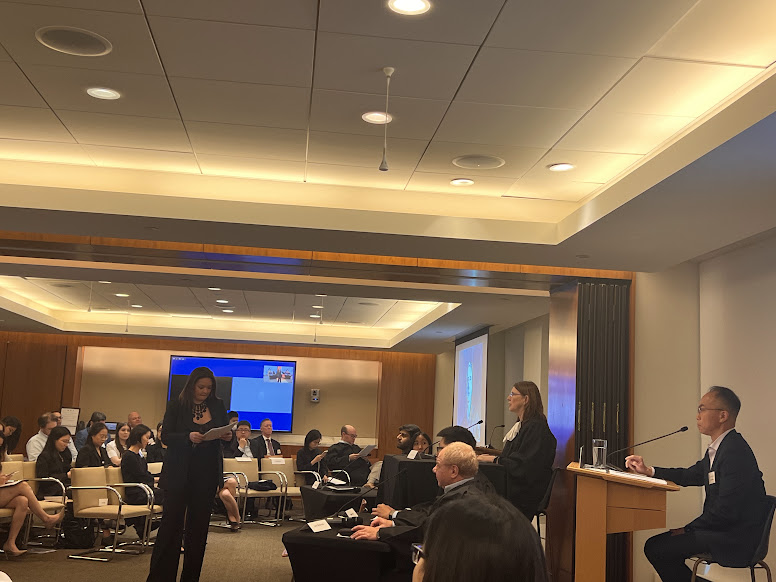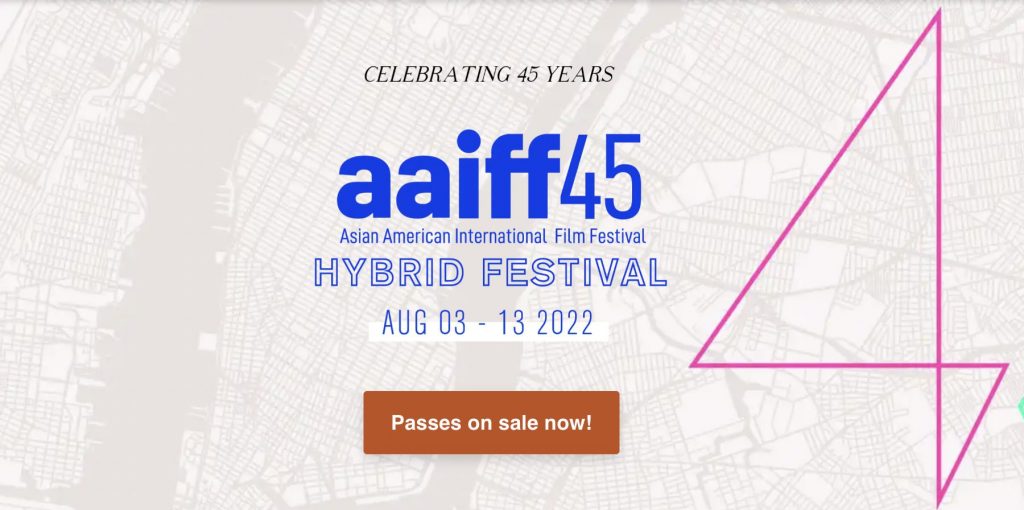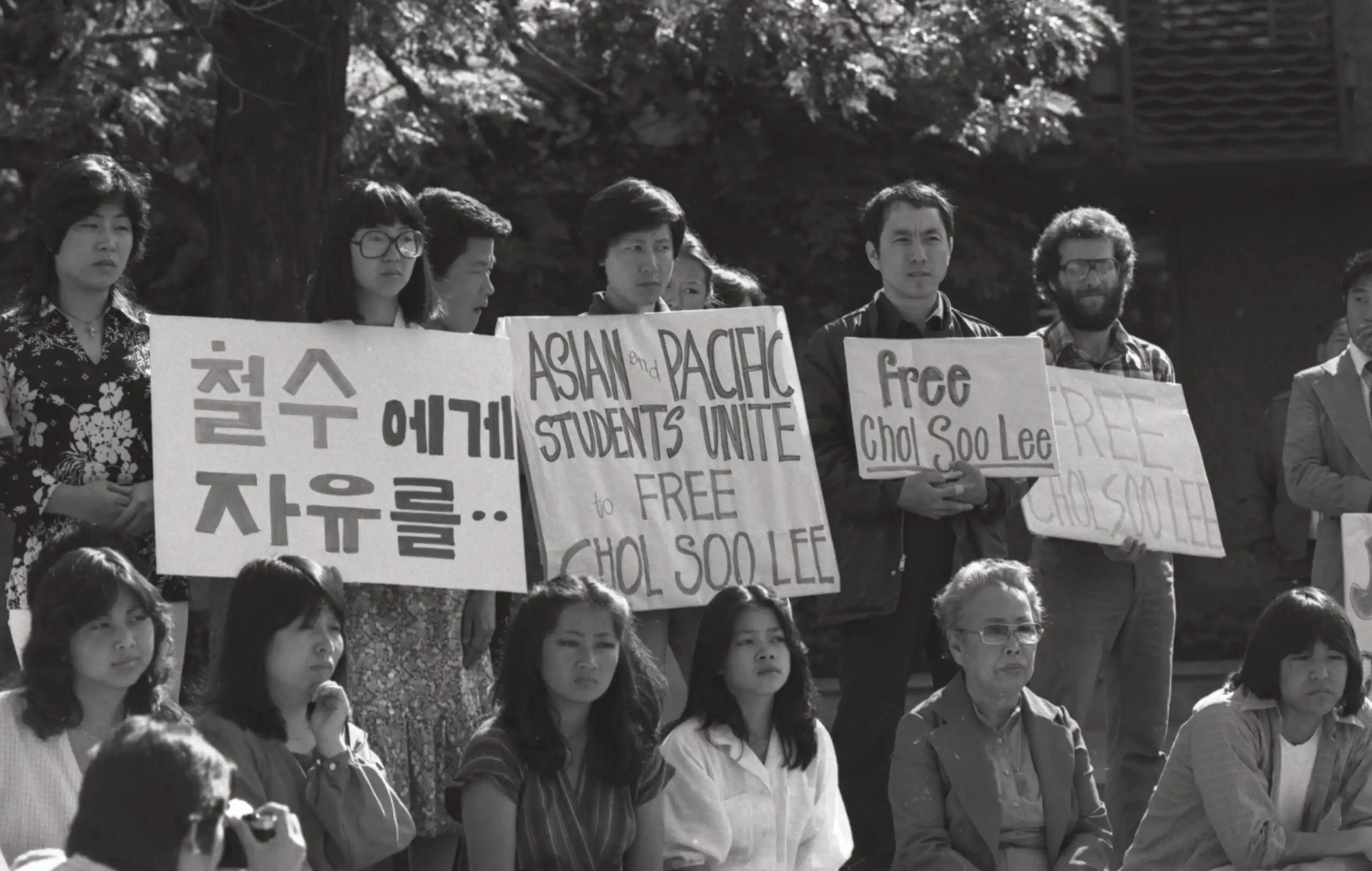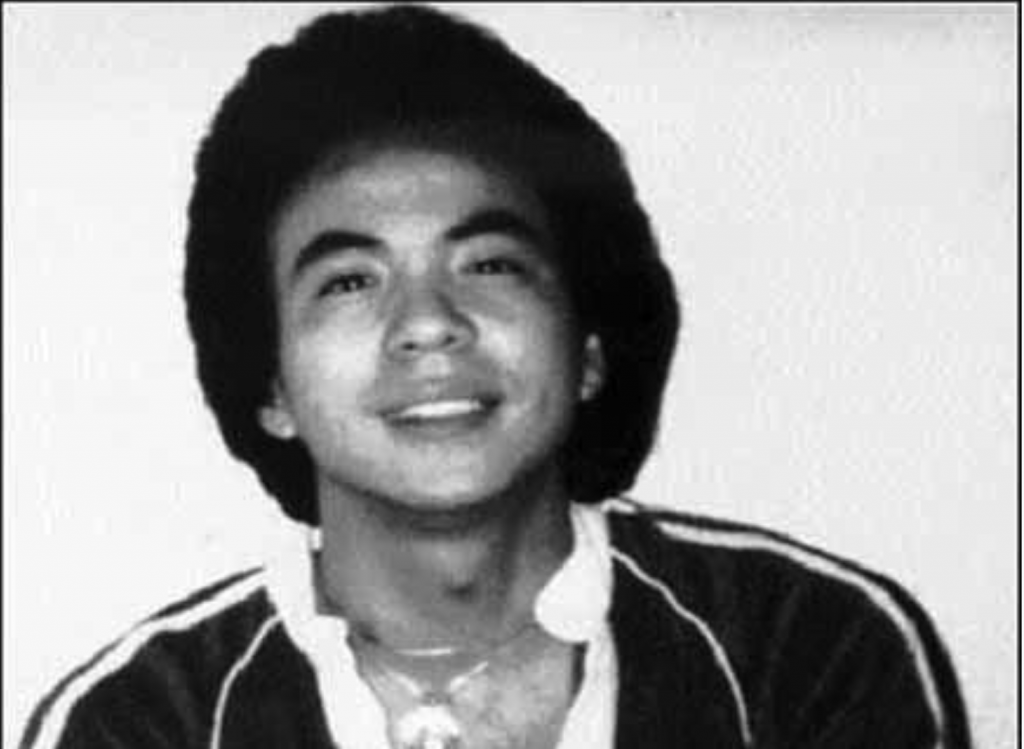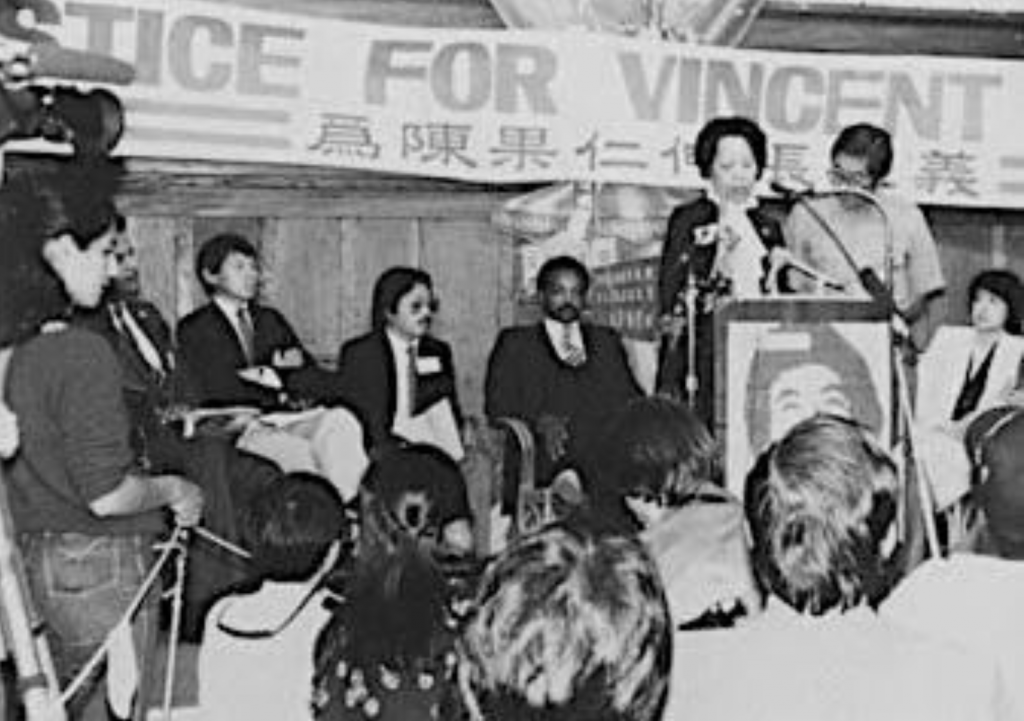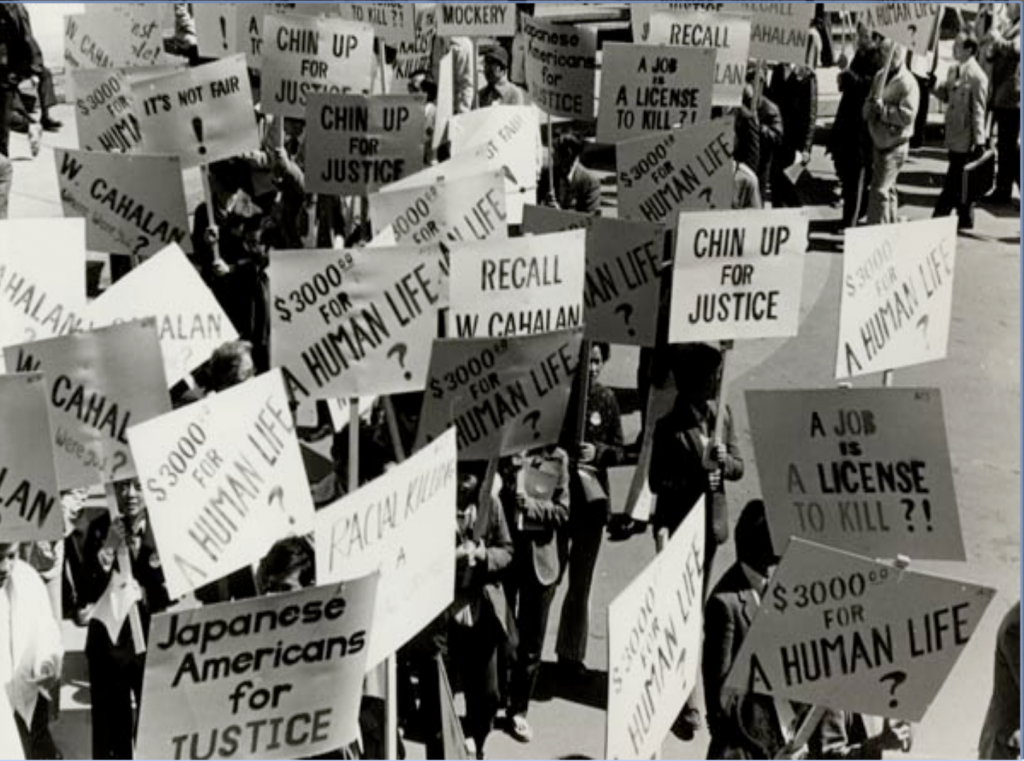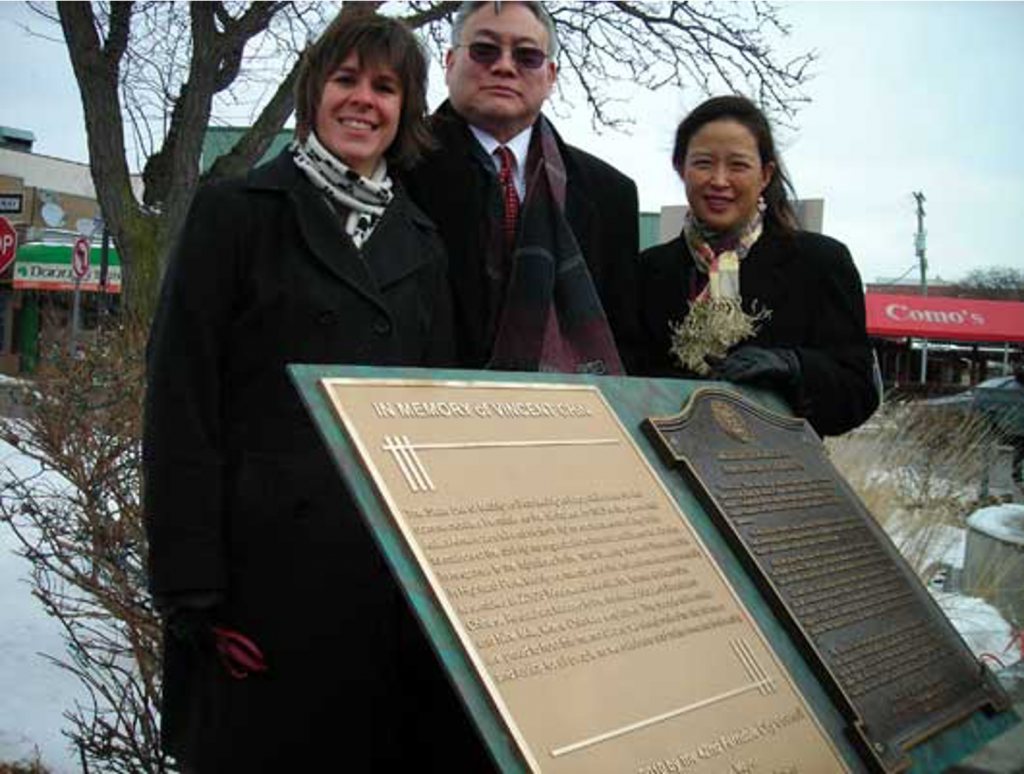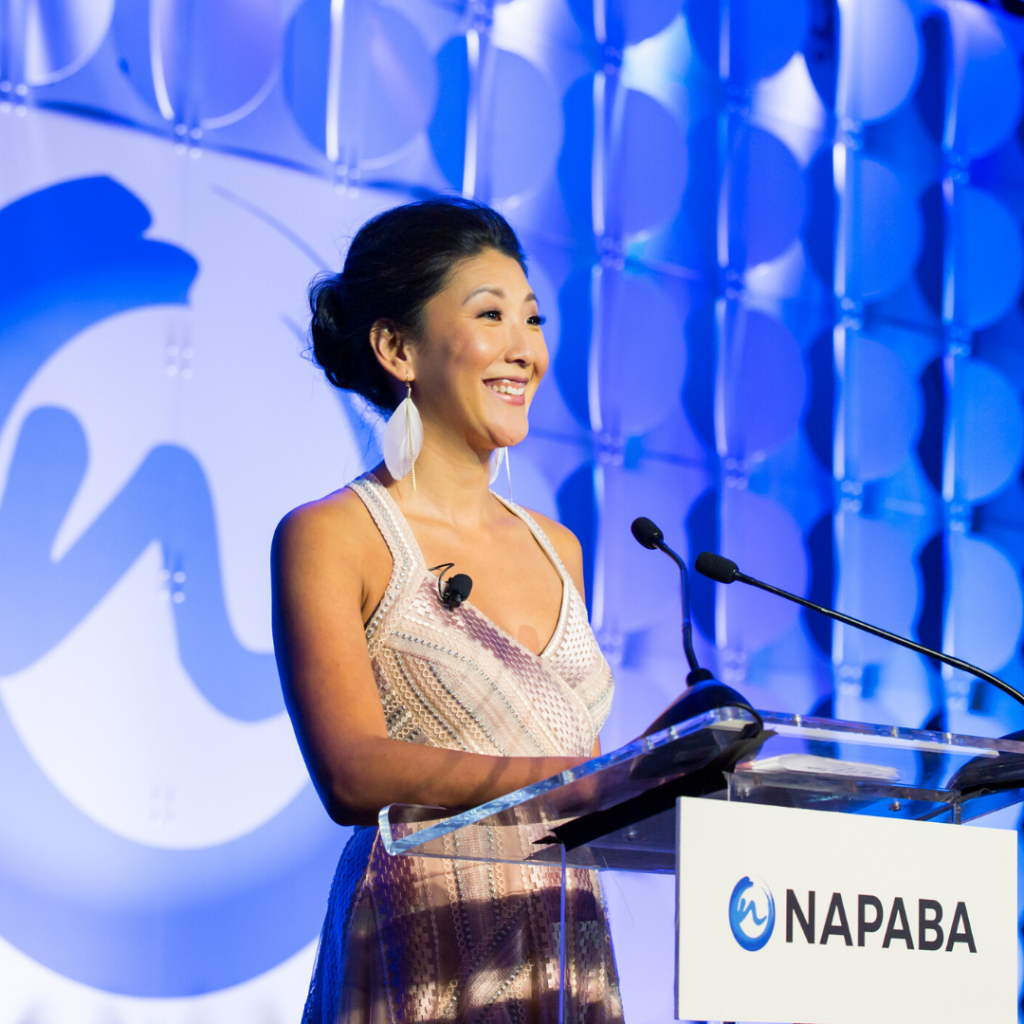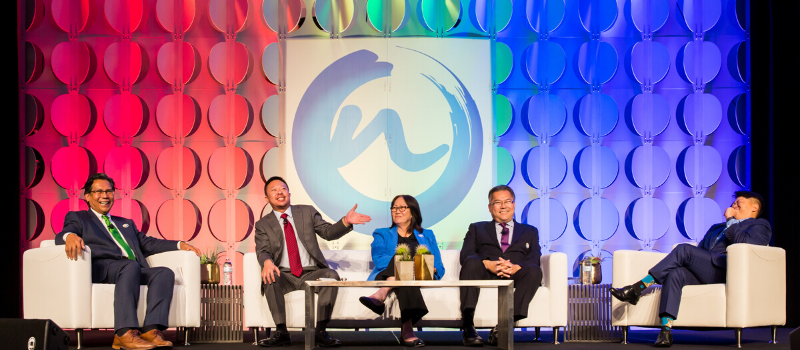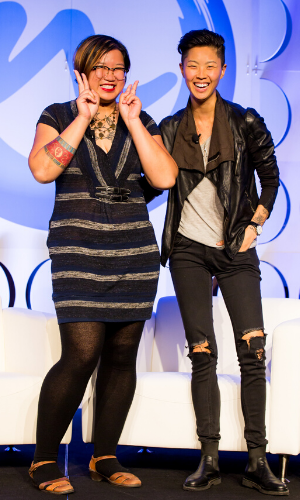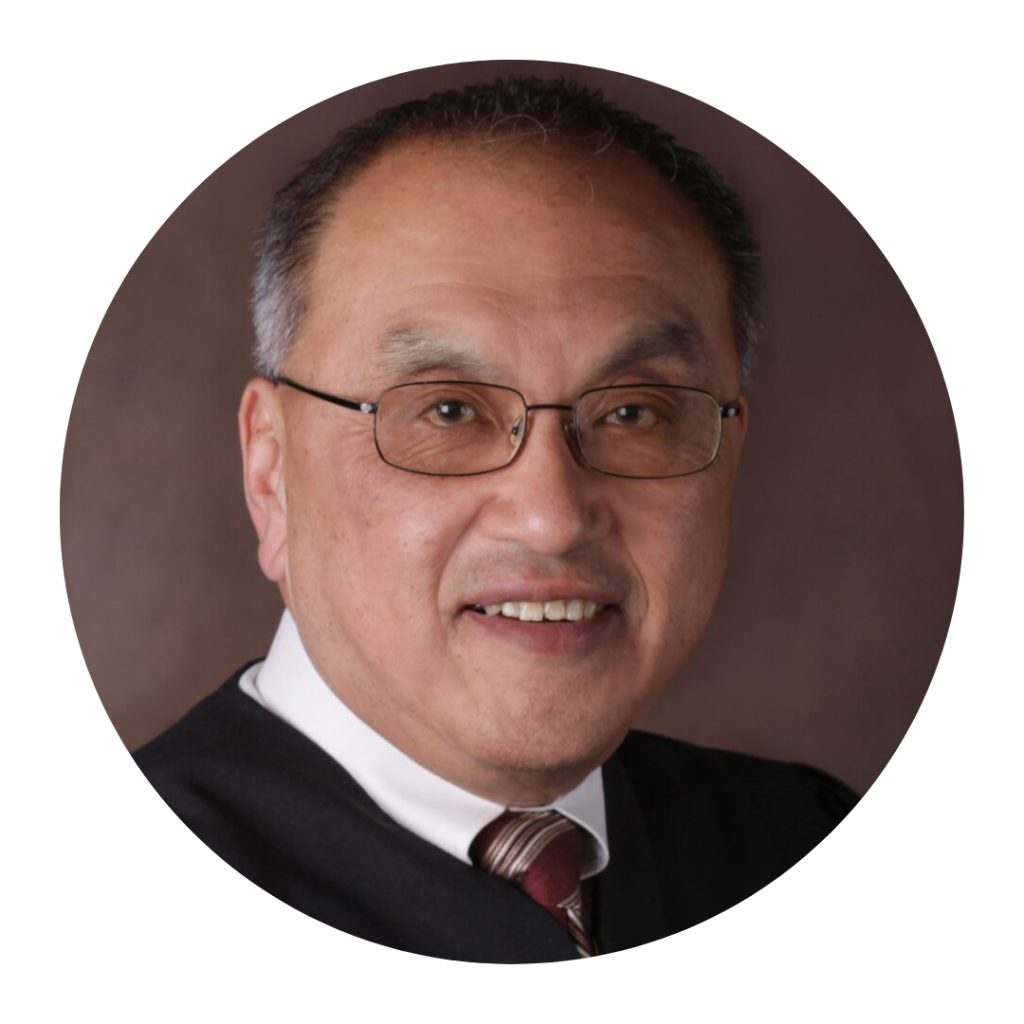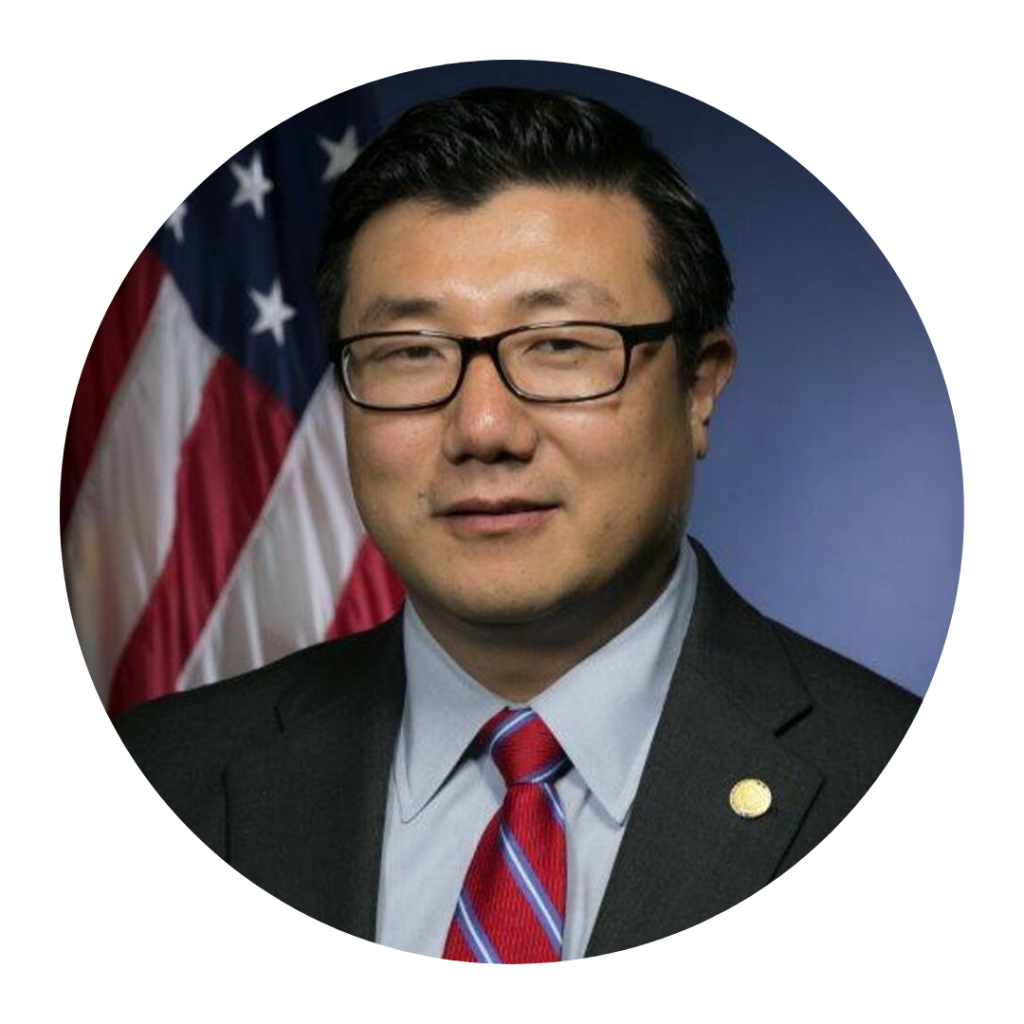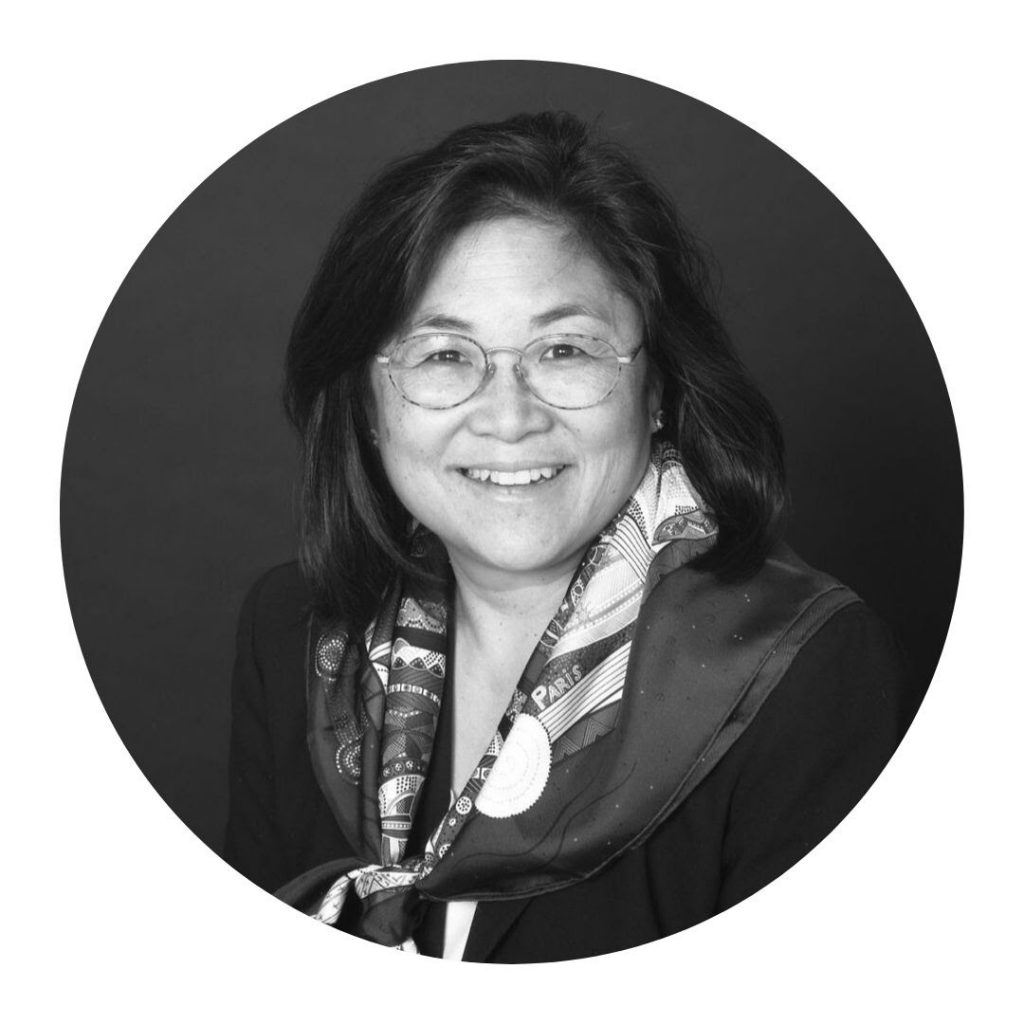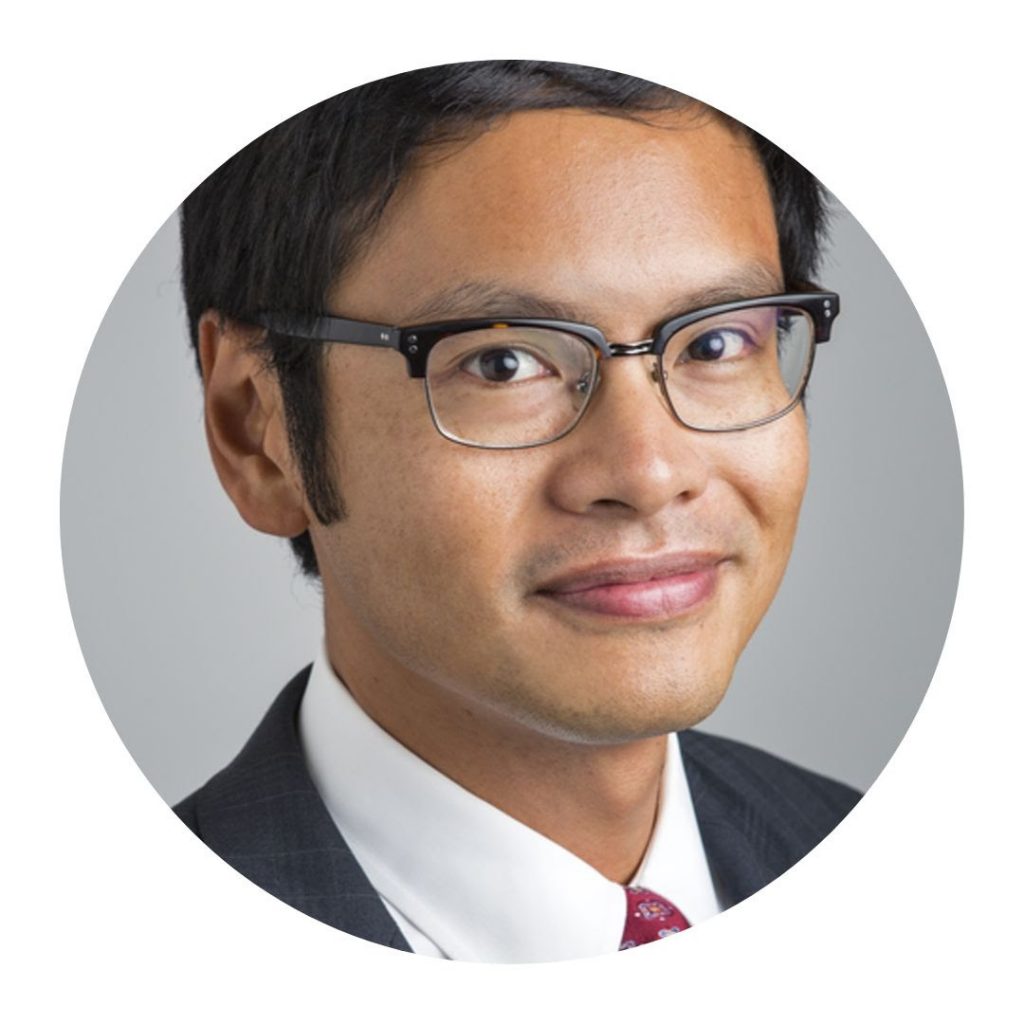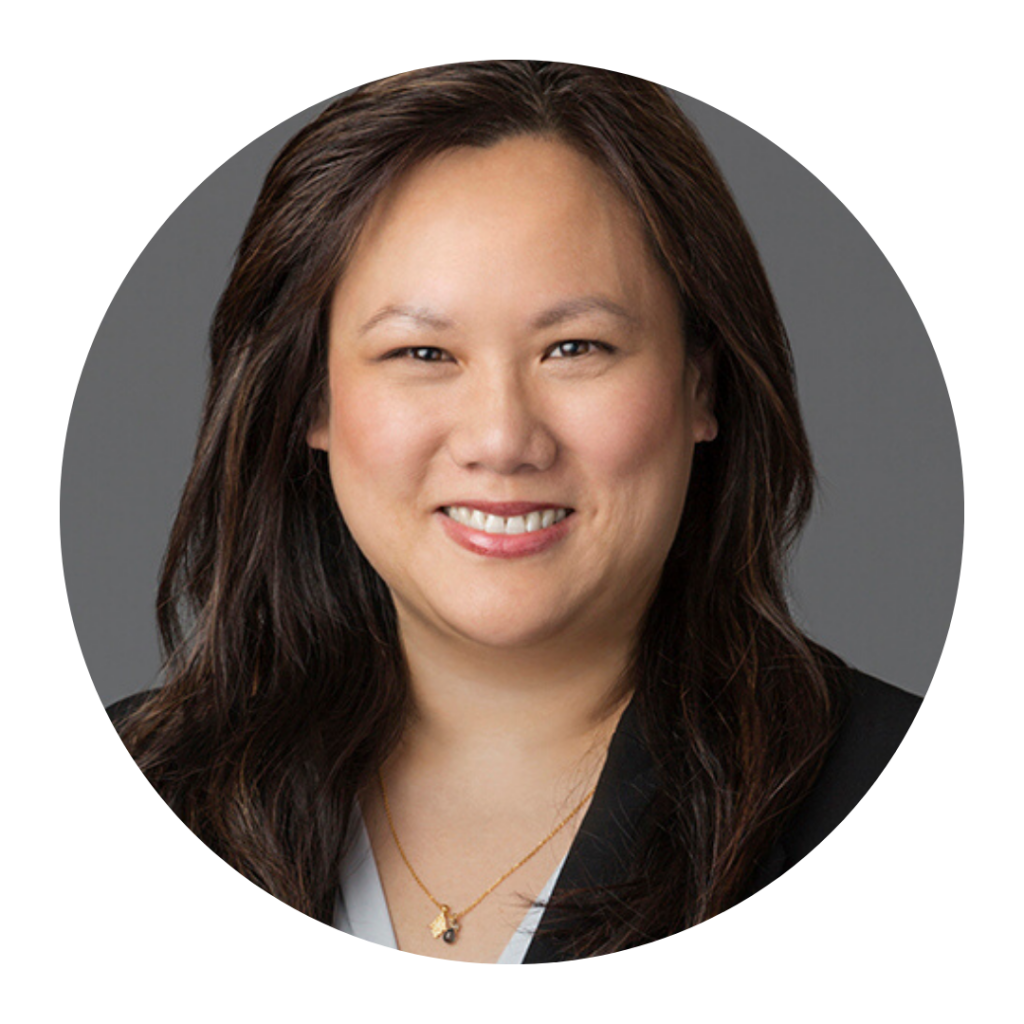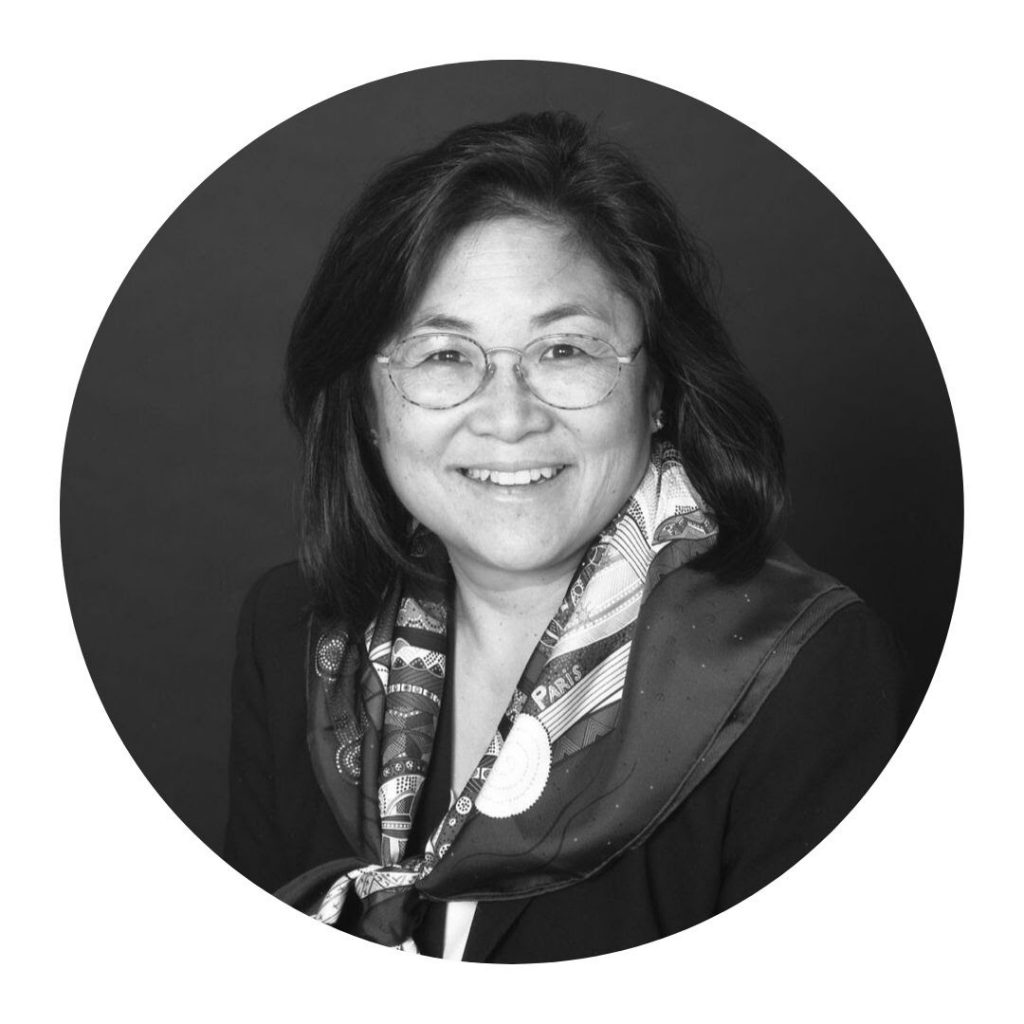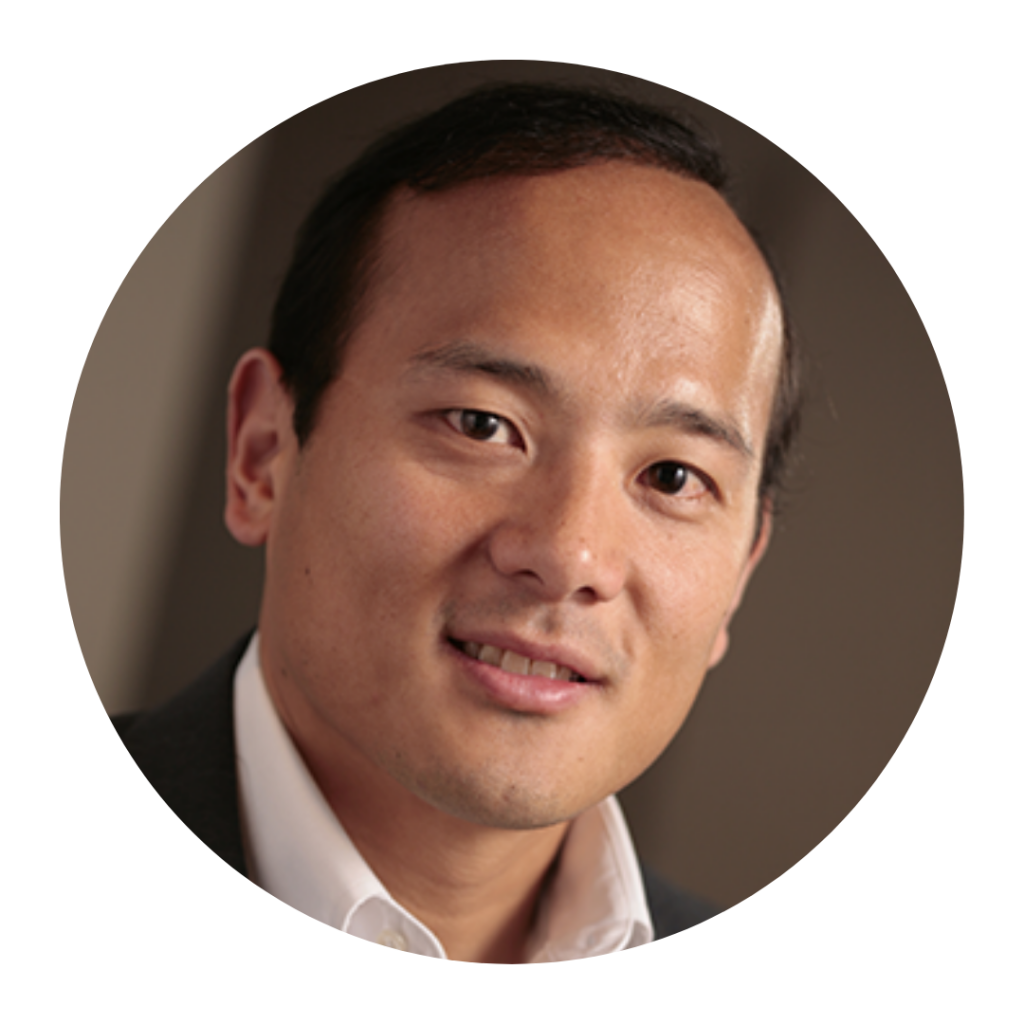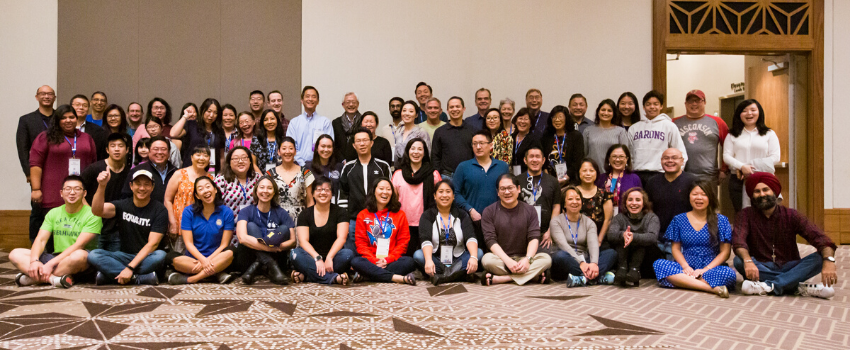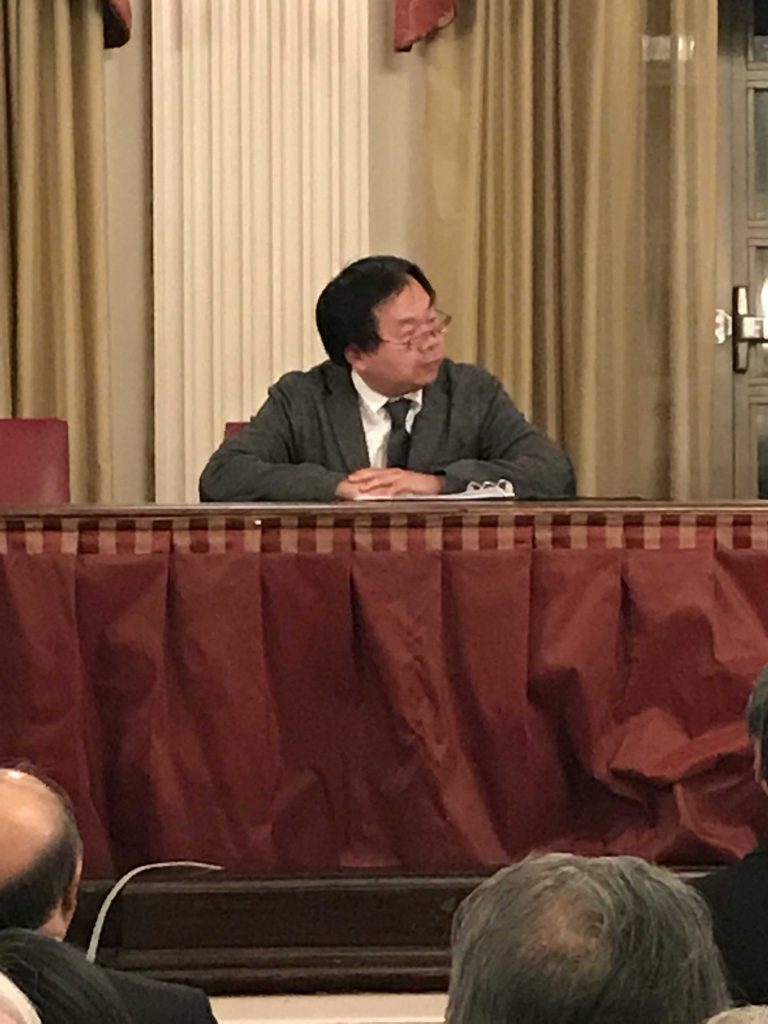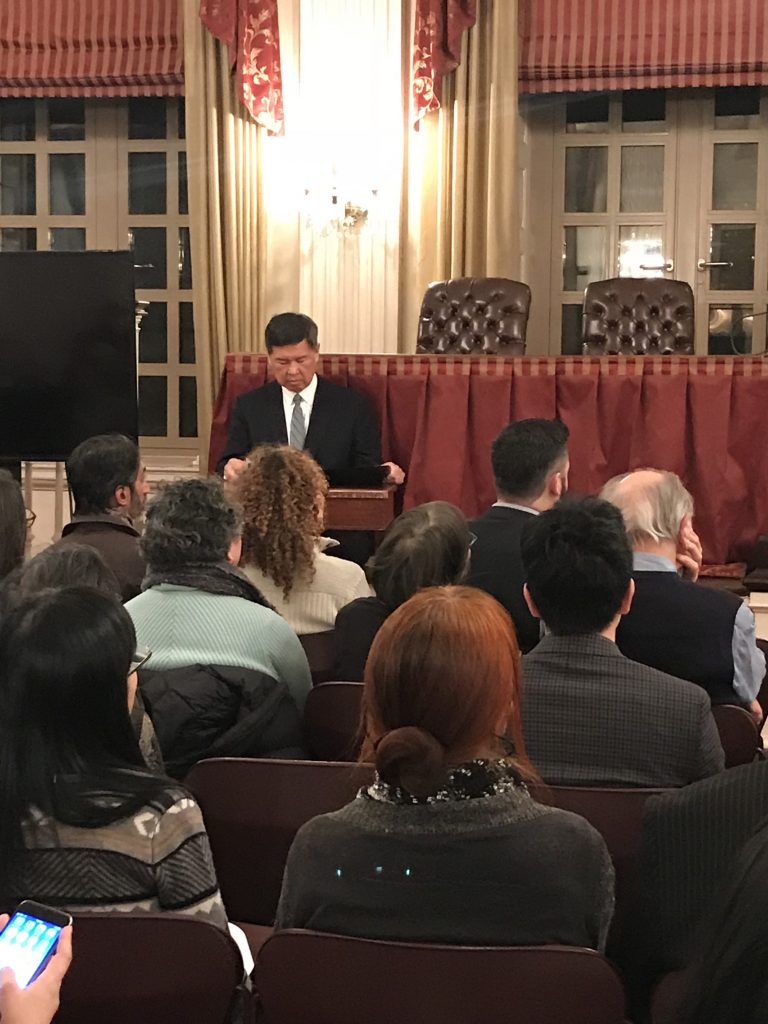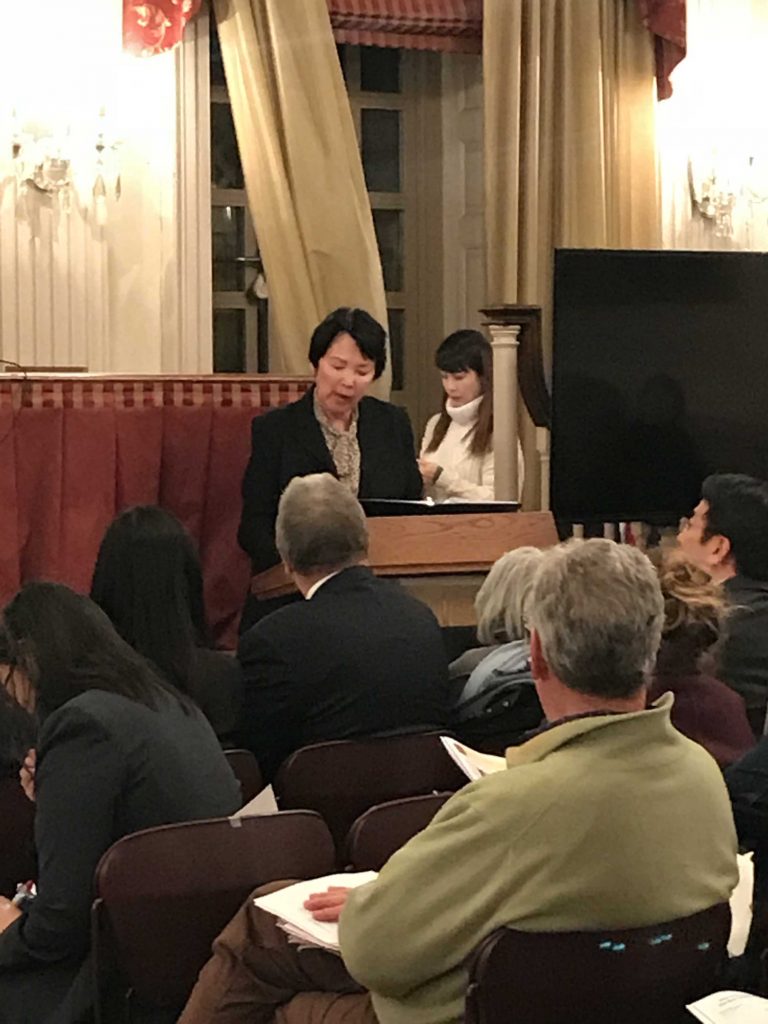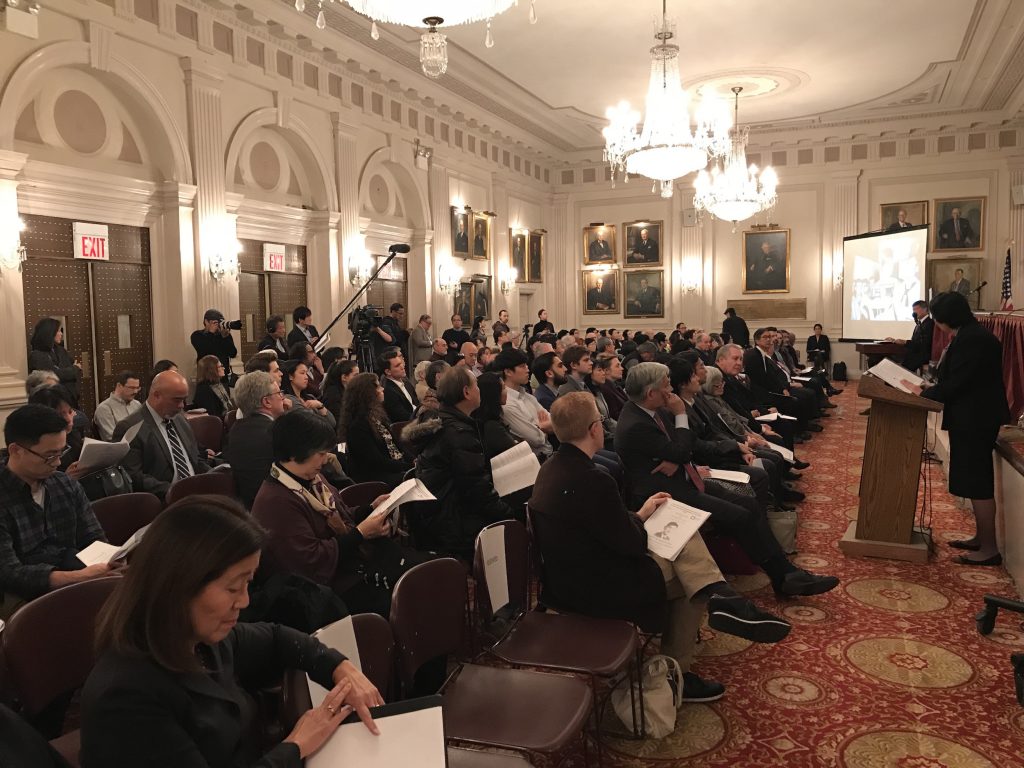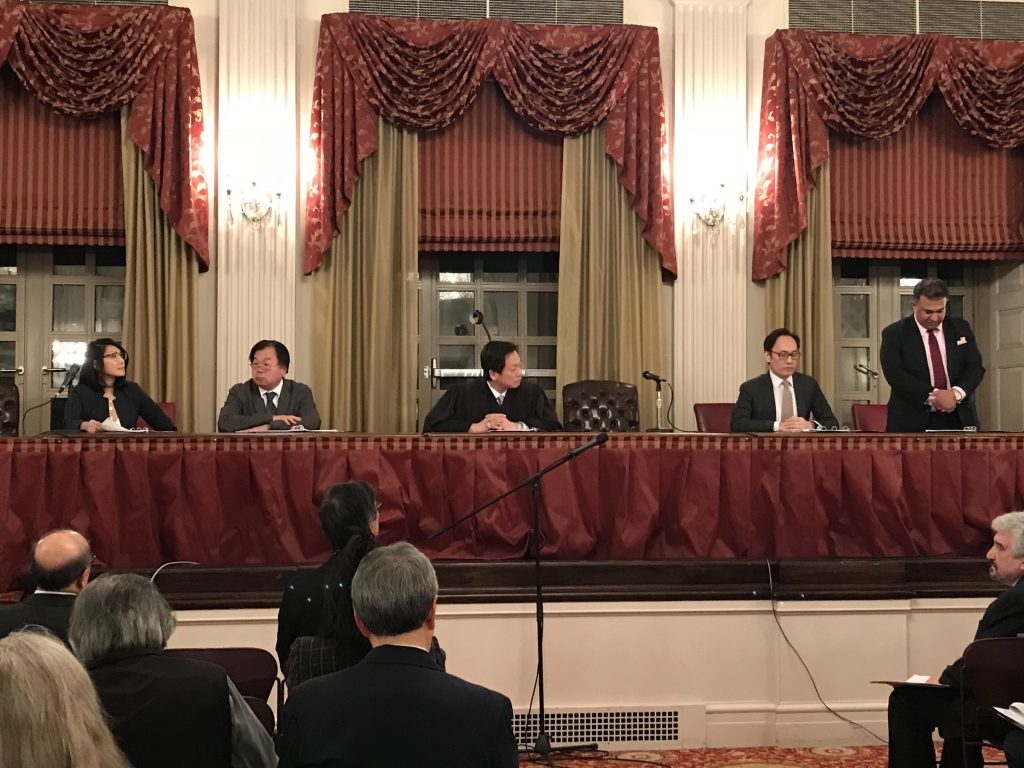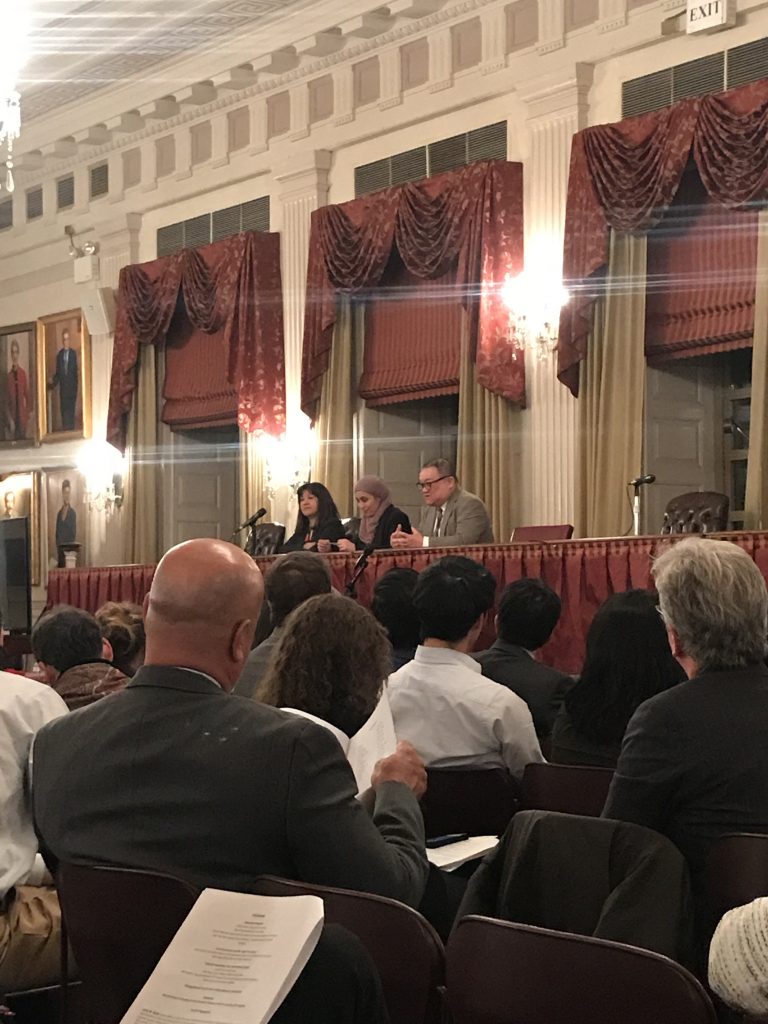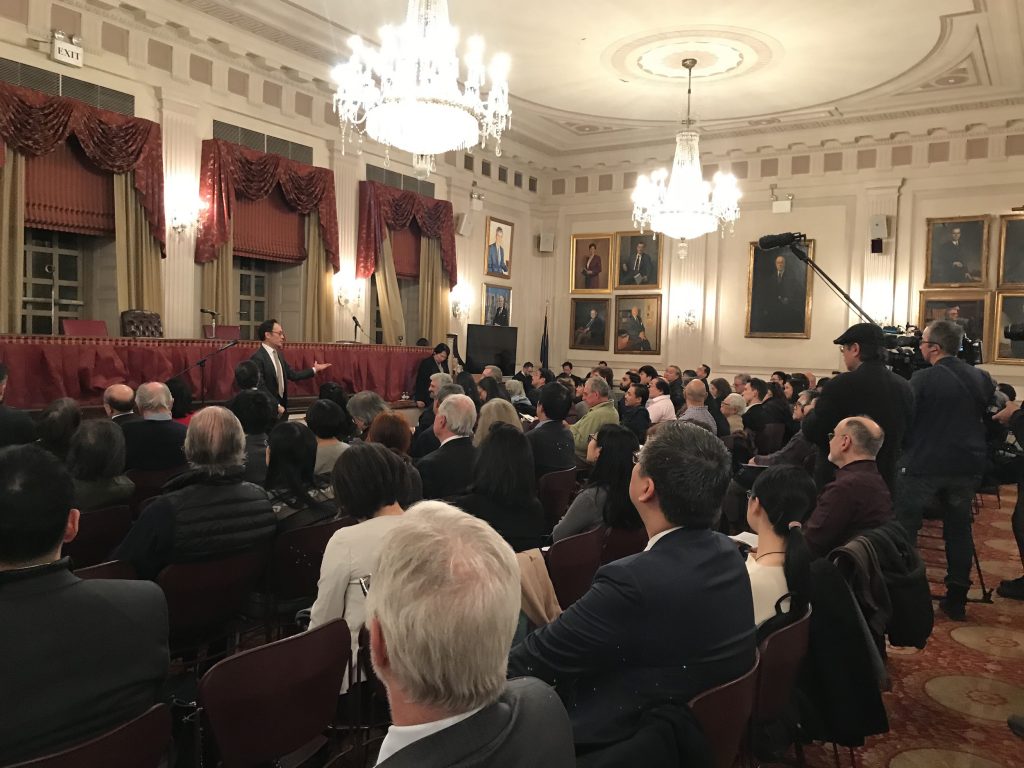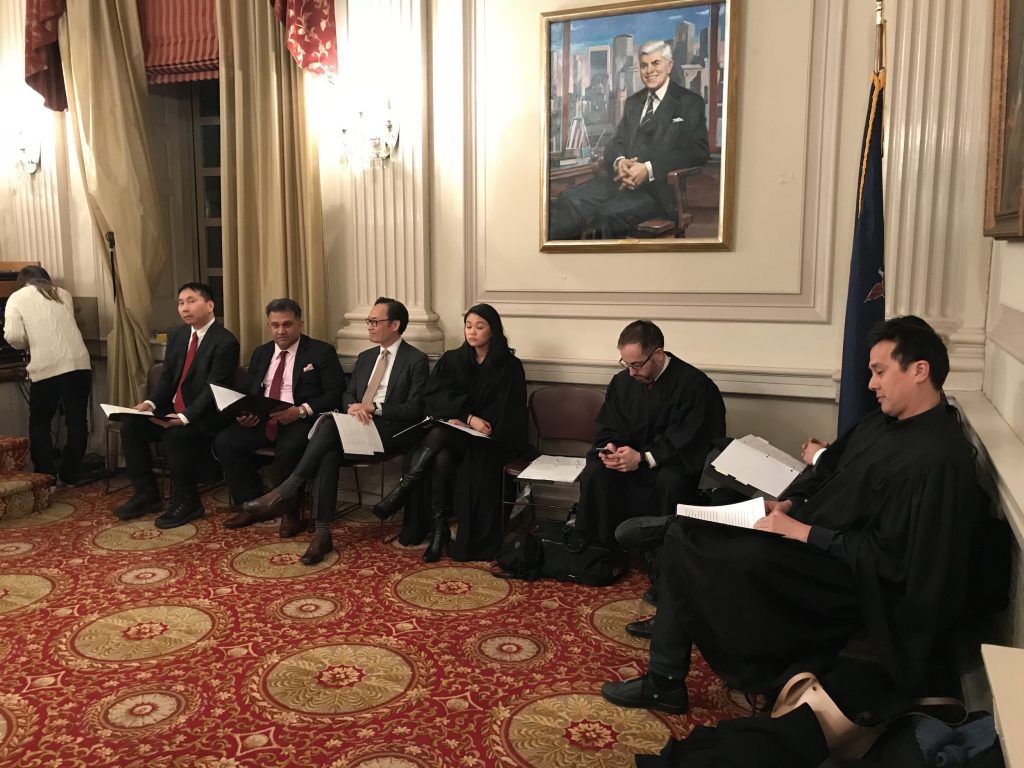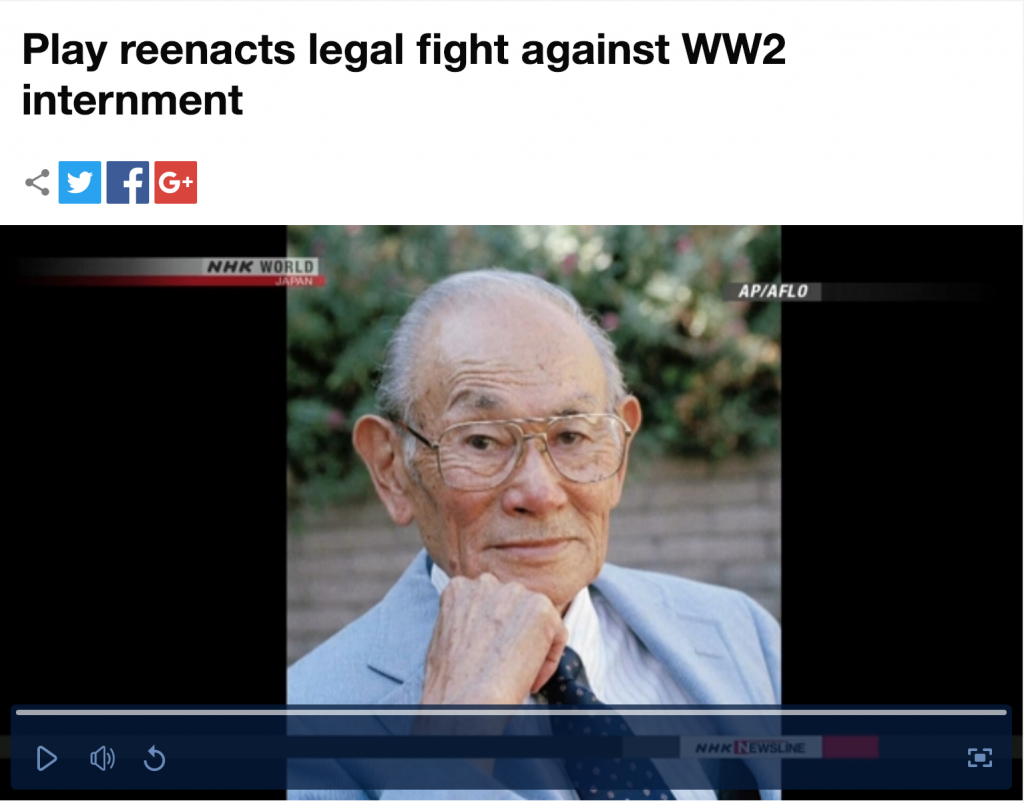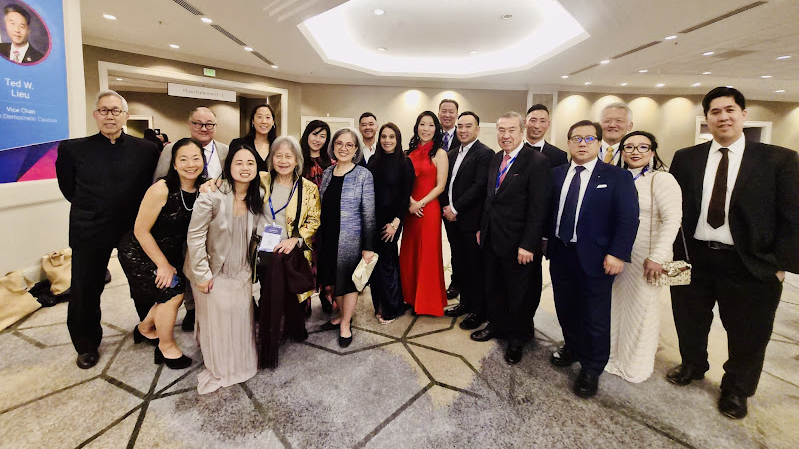
The Asian American Bar Association of New York (AABANY) was a prominent presence at the 37th National Asian Pacific American Bar Association (NAPABA) Convention, held at the Sheraton in downtown Denver, CO, from November 6 to 8, 2025. This year’s Convention boasted the second-largest convening in NAPABA history, with nearly 2,900 AANHPI attorneys, judges, law professionals and law students in attendance, including over 800 first-time attendees.
AABANY members presented and led various Continuing Legal Education (CLE) programs and were recognized during luncheons and social events throughout the three-day convention. Over 175 people connected with each other on the AABANY@NAPABA WhatsApp group before, during and after the conference.
AABANY Get-Together at Maggiano’s
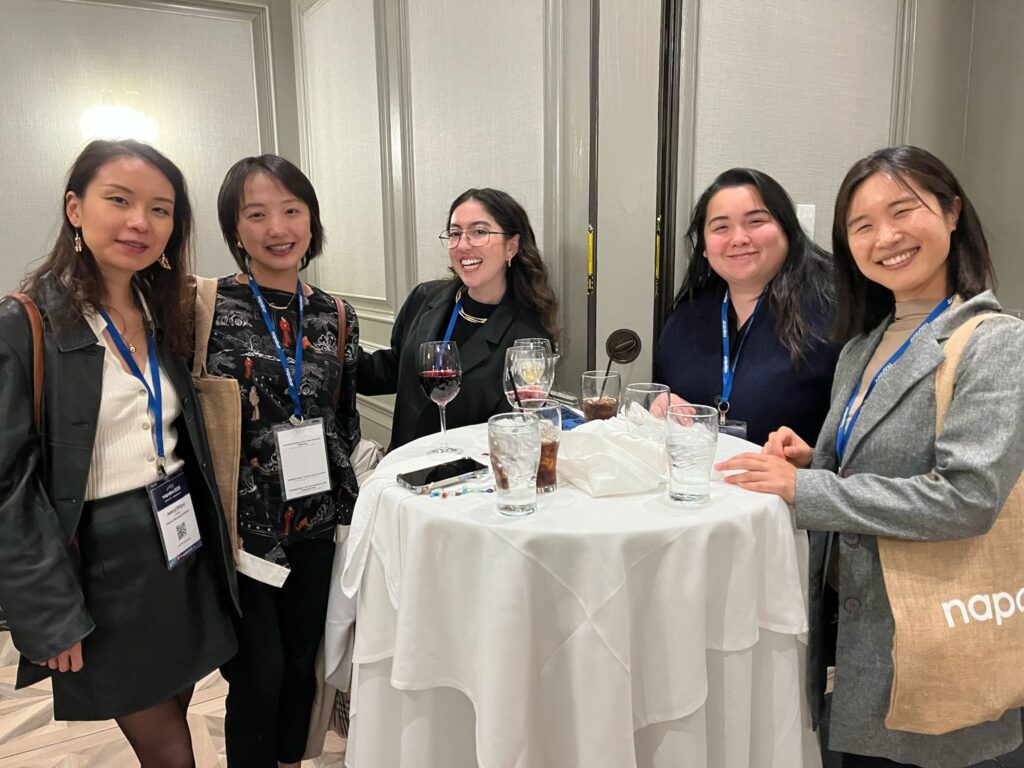
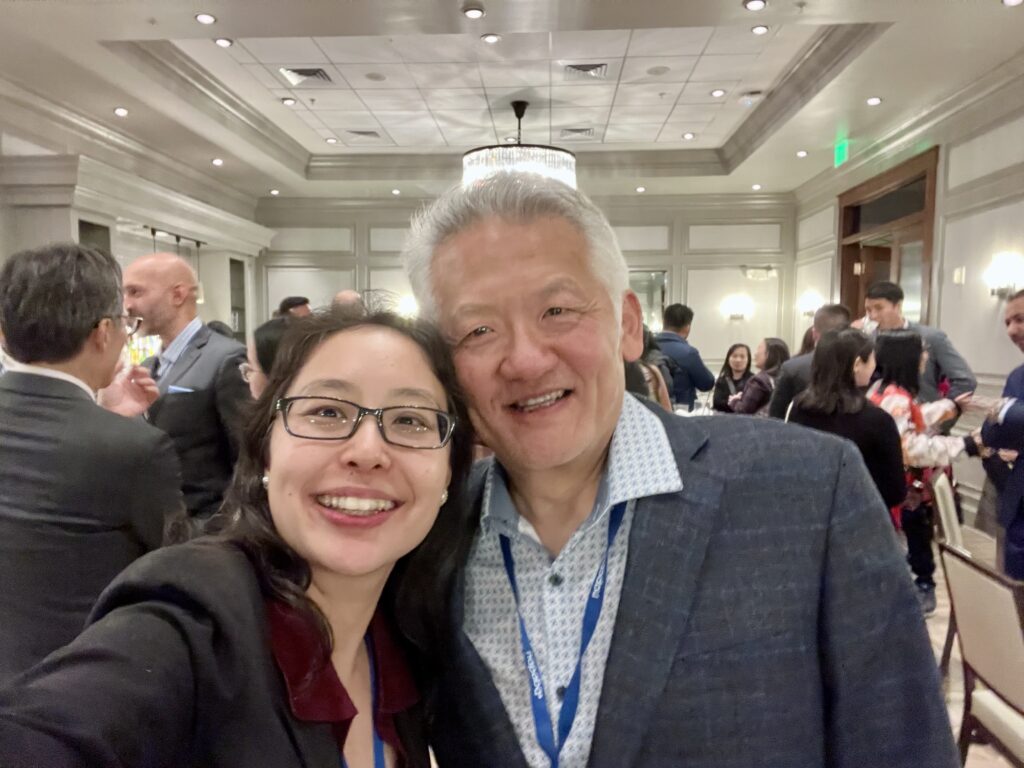
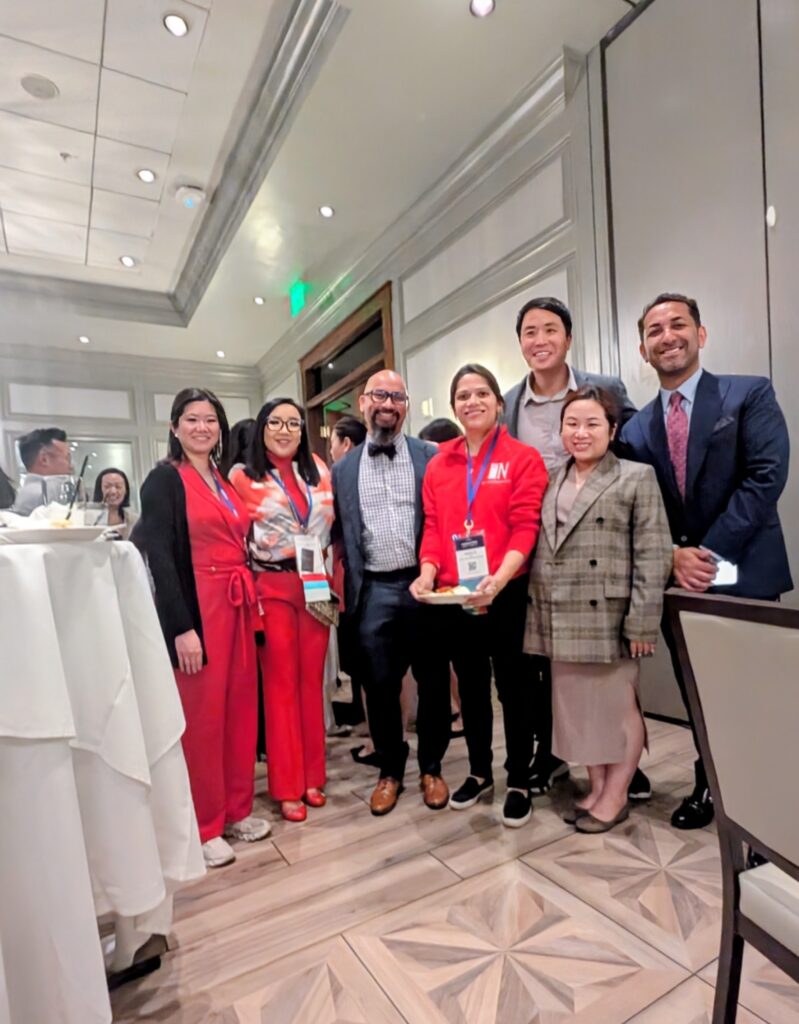
AABANY’s well-attended gathering at Maggiano’s Little Italy on Thursday evening was a big hit on one of the first nights of the Convention. The location was conveniently steps away from the Sheraton, drawing over 120 attendees, including friends old and new, many from outside of New York. Guests enjoyed a buffet of heavy hors d’oeuvres, such as domestic and imported cheeses, crostini, ravioli, wagyu meatballs, fried calamari, fried zucchini, and crab cakes, along with drink tickets good for one drink. It proved to be a festive start to the Convention’s social calendar, filled with the spirit of camaraderie that defined the Convention.
Awardees and Recognition for AABANY Members
NAPABA Awards presented across various events, including the NAPABA Best Under 40 Awards Reception (Thursday), Welcome Reception (Thursday), President’s and Trailblazer Award Reception (Friday), and luncheon plenaries (Friday and Saturday).
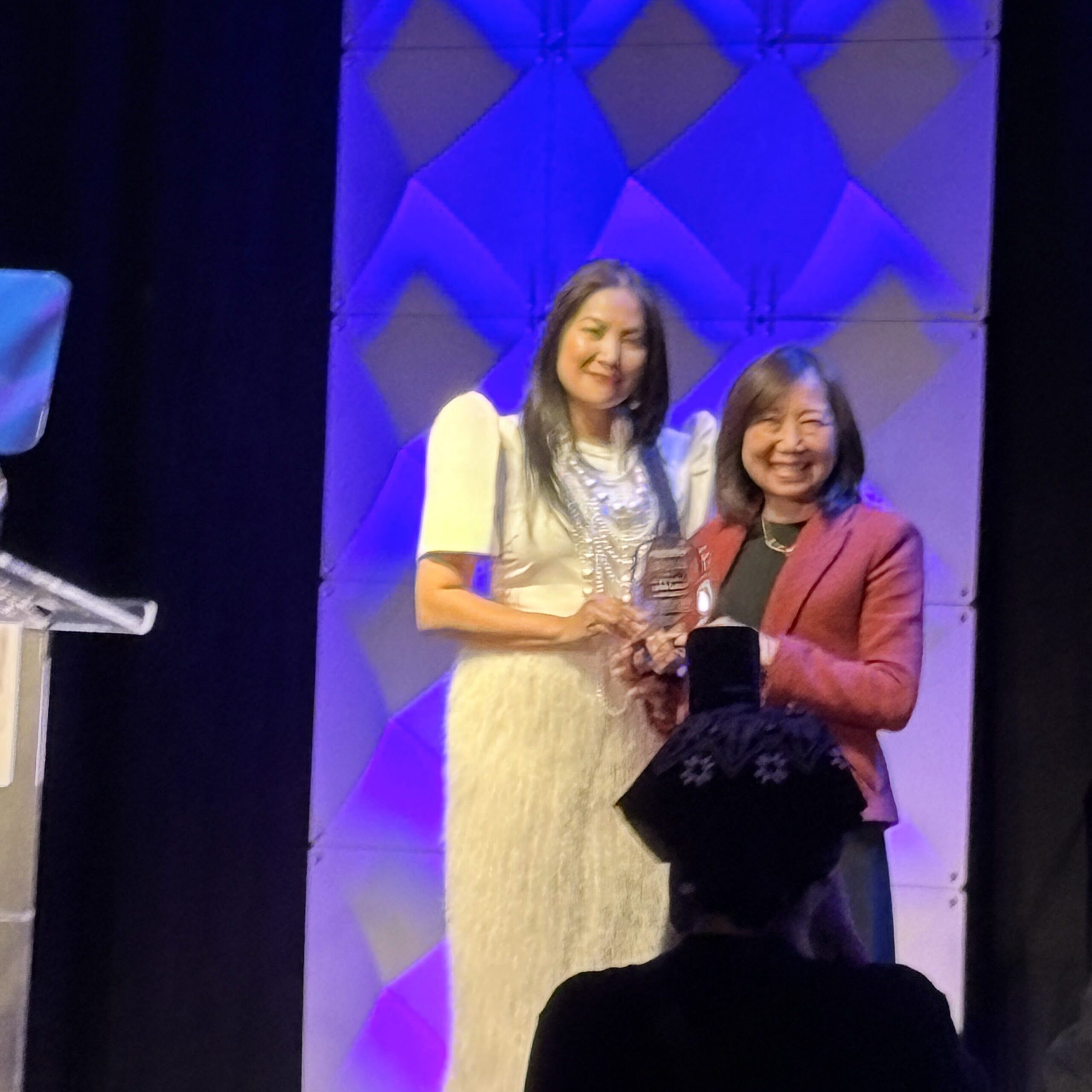
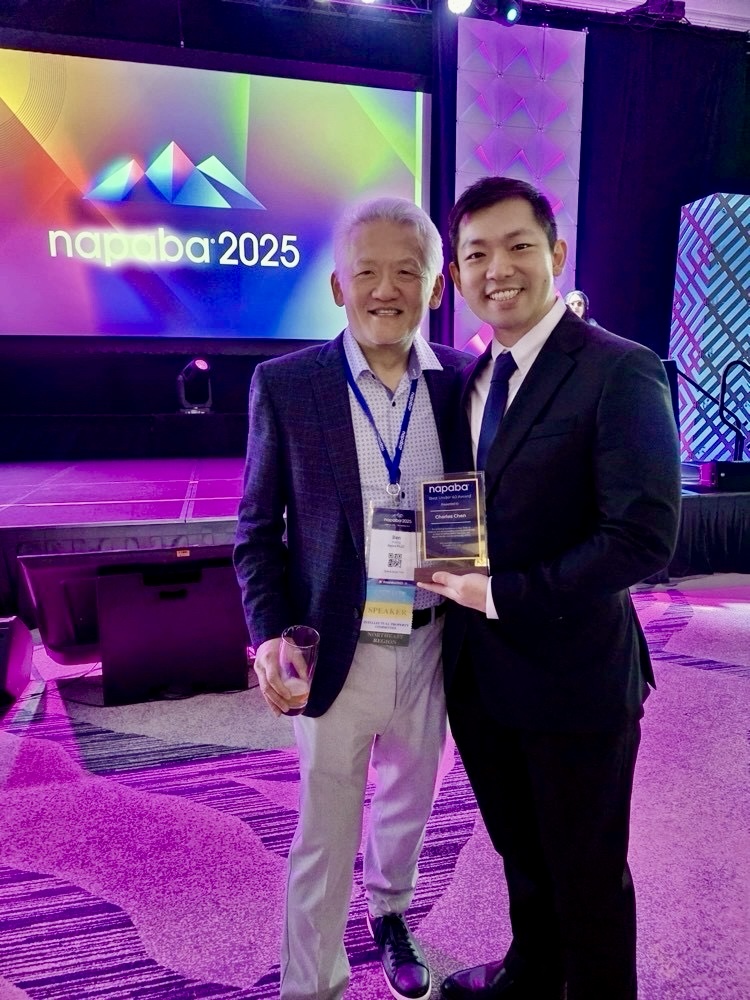
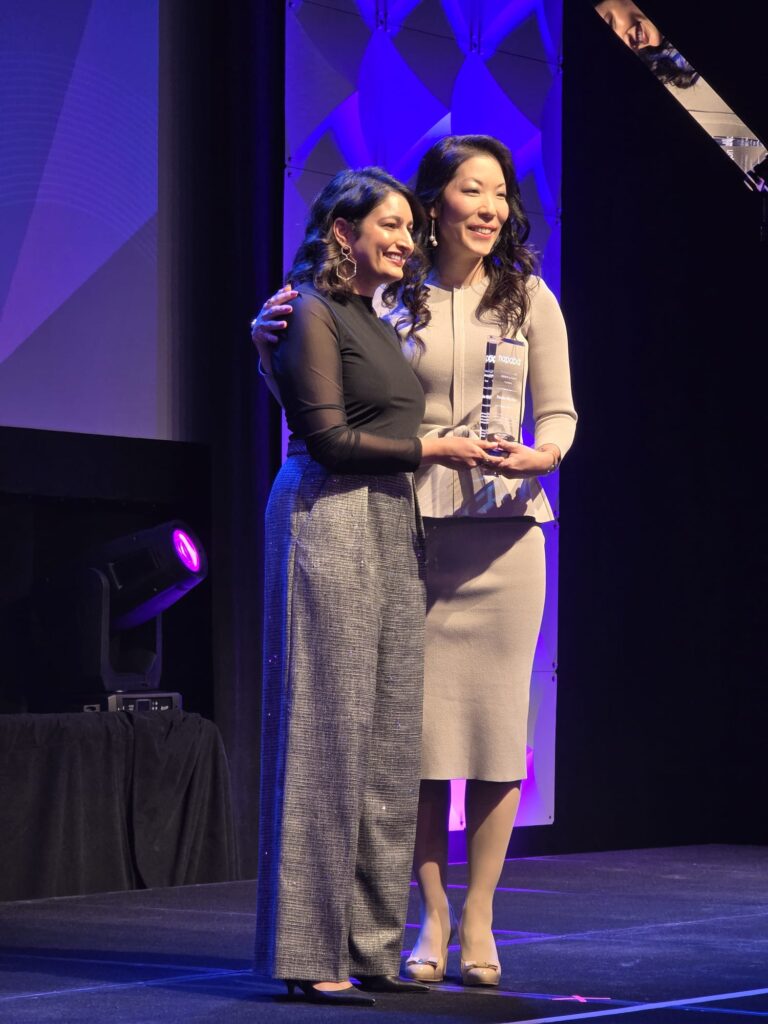
AABANY members and AABANY past annual dinner honorees were honored this year at the Convention: (click the link to read more about each award and the 2025 awardees):
- Daniel K. Inouye Trailblazer Award:
- Rose Cuison-Villazor | Rutgers Law School
- Sandra Leung | Bristol Myers Squibb Company
- In-House Leadership 2025 Awardee:
- Kazuko Wachter | EquiLend
- Best Under 40 Award:
- Charles Chen | IP & Product Counsel | Hims & Hers
- Gigio Koshy Ninan | Co-Founder | Shankar Ninan Law Firm
- Tansy Woan | Litigation Partner | Skadden, Arps, Slate, Meagher & Flom LLP
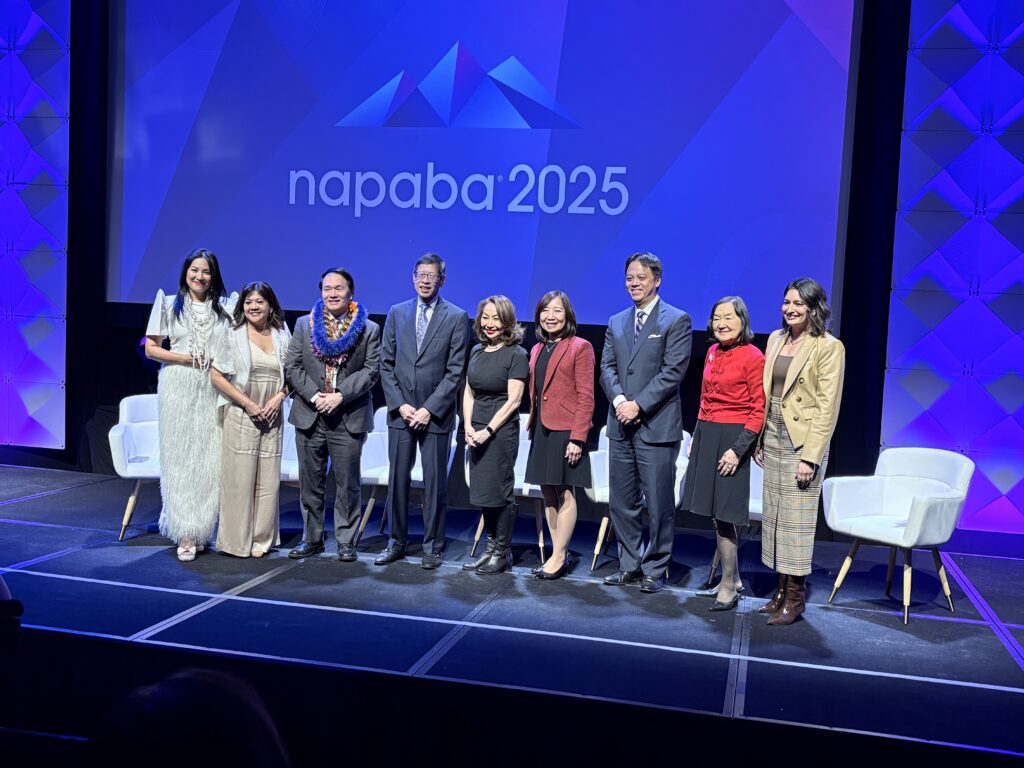
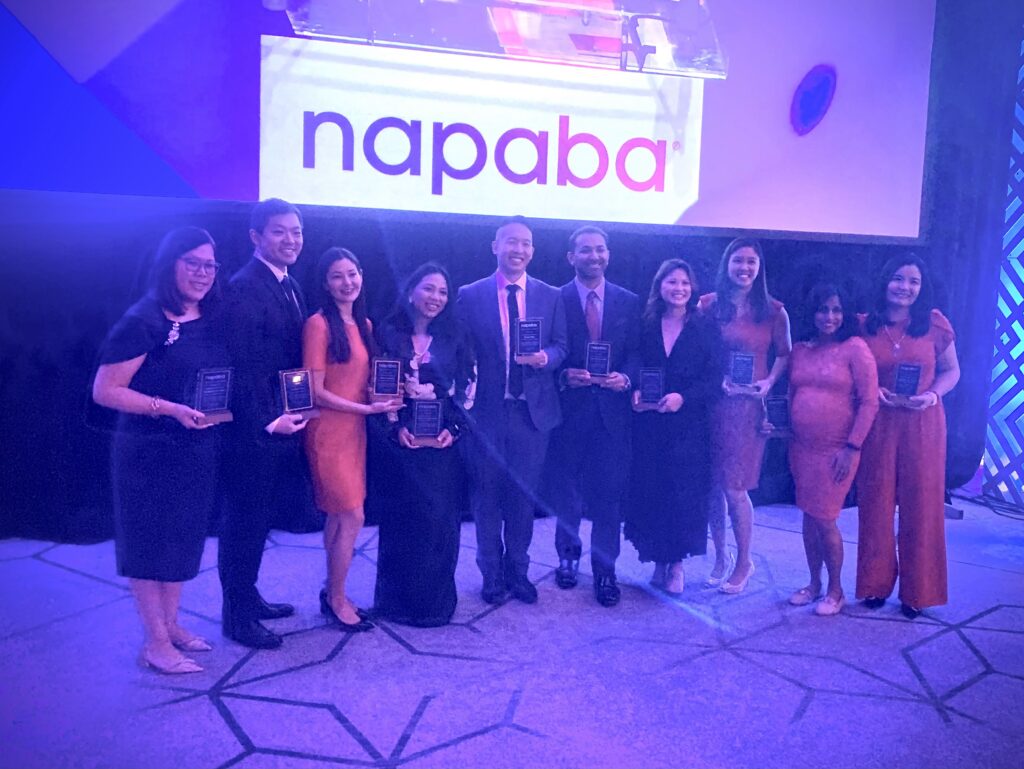
The 17th Annual Trial Reenactment: “Born American: United States v. Wong Kim Ark”
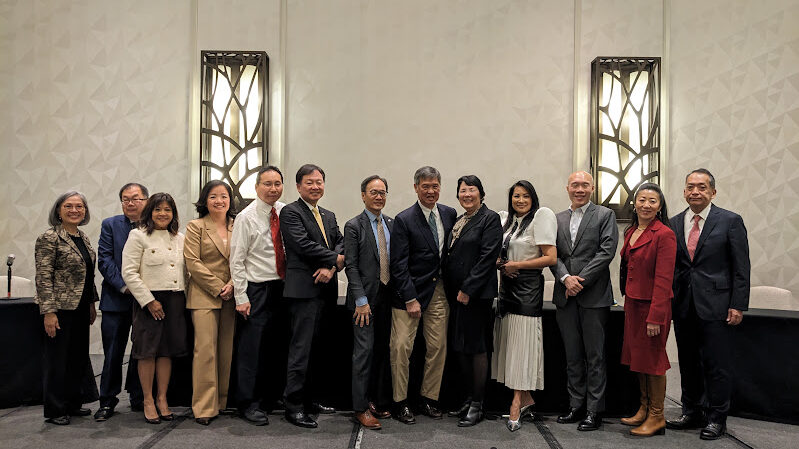
The AABANY Trial Reenactment Team presented its 17th production on Friday afternoon, November 7, to a capacity audience. The program, titled “Born American: United States v. Wong Kim Ark,” examined the landmark Supreme Court case. The case focused on Wong Kim Ark, born in San Francisco in 1873 to Chinese immigrants, who was denied reentry to the U.S. in 1895 under the Chinese Exclusion Act. Wong successfully argued that the Fourteenth Amendment’s guarantee of birthright citizenship applied to him. The program’s exploration of birthright citizenship was especially relevant, coming shortly after President Trump signed an Executive Order on January 20, 2025, seeking to restrict this established constitutional precedent.
Some of the photos taken from the Trial Reenactments by AABANY can be seen at this link here.
The cast included: Hon. Denny Chin, Kathy Hirata Chin, Jacob Chen, Francis Chin, Anna Mercado Clark, Hon. Peggy Kuo, Clara Ohr, Yasuhiro Saito, Professor Rose Cuison-Villazor, Andy Hahn, Yang Chen, Linda Lin, and Vince Chang. To learn more about AABANY’s Trial Reenactments, go to reenactments.aabany.org. AABANY encourages anyone interested in performing one of our reenactments to make a request through that website. The current script will be made available in 2026.
AABANY Members as Panel Experts
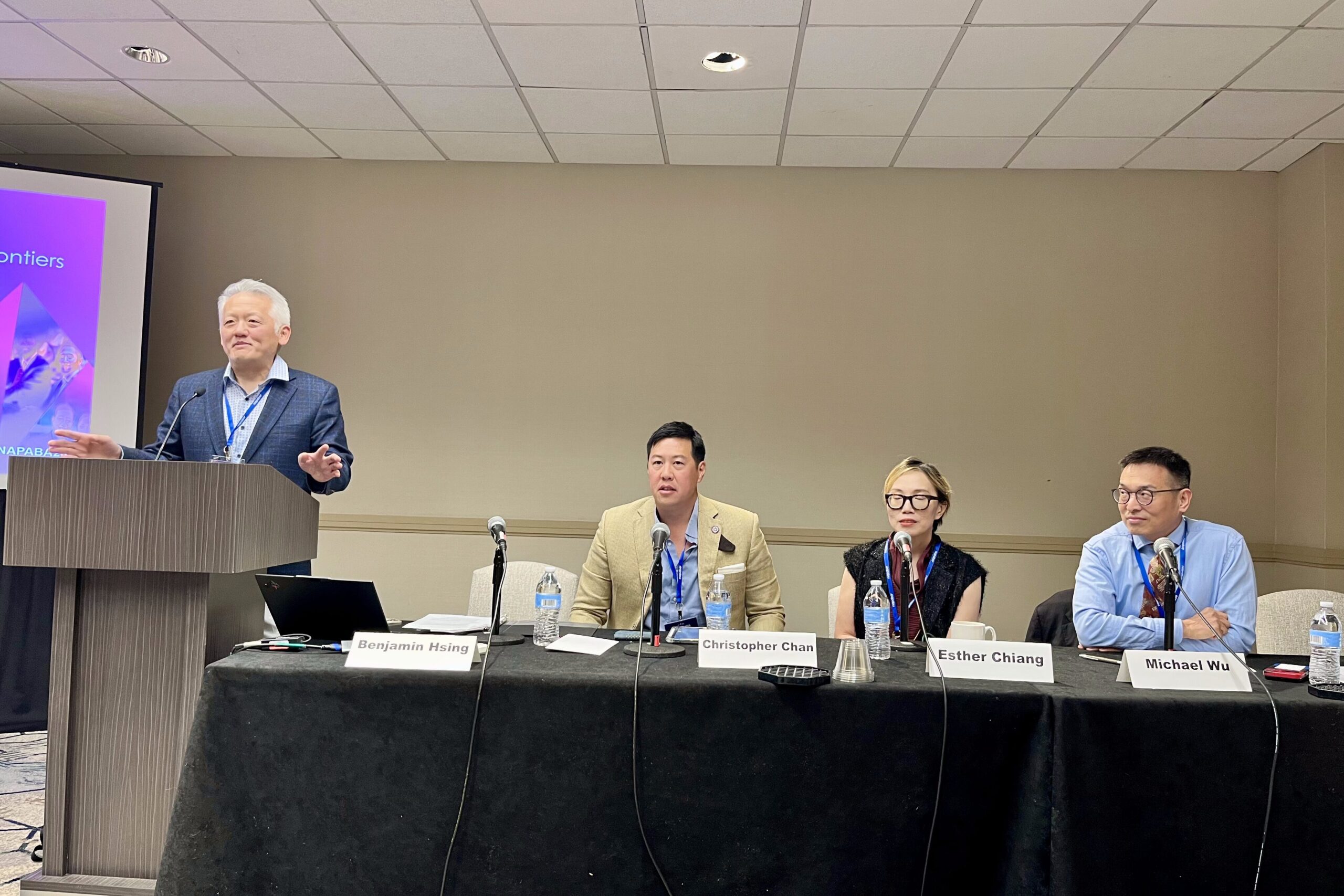
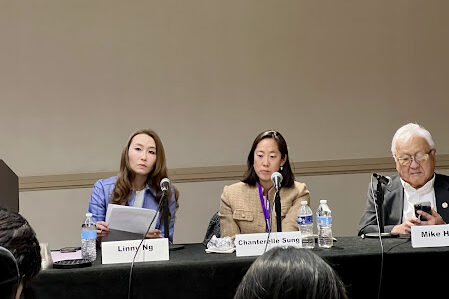
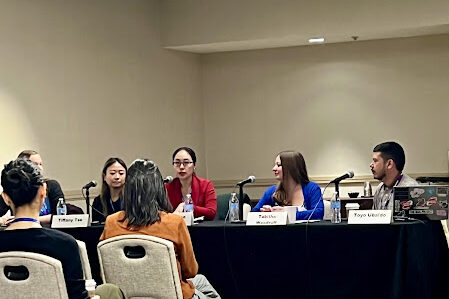
AABANY members showcased their expertise by serving as presenters and panelists across a variety of CLE programs throughout the Convention. Some of the programs featuring current and former AABANY members included, but were not limited to:
Thursday’s Programming:
- Agentic AI: Legal and Policy Frontiers in the U.S. and China (Benjamin Hsing, AABANY President; Christopher Chan)
- International Law Committee & Women’s Leadership Network Joint Luncheon (Jennifer Choe-Groves)
- Navigating First Decade of Legal Career (Dan Brody)
- Navigating Uncertainty with Confidence (Blossom Kan)
Friday’s Programming:
- Shark Tank Part III: Live Pitch Coaching (Steve Chung; Hannah Kim; Austin So; Susan Shin, former AABANY President)
- Navigating AI Integration in Legal Practice (Eric Lin)
- Trump & Tariffs: Protectionism and Economic Impact (Rudy Figueroa)
- Sexual Violence Against Women: From the Code of Ur-Nammu to WWII ‘Comfort Women’ and Beyond (Linny Ng)
- Practicing with Bots: Training Lawyers in the AI Age (John Lee)
- Advising Startups on Patent Strategy (Charles Chen)
- United States v. Wen Ho Lee – 25 Years Later (Stephen Chahn Lee)
- AI, Ethics & Minority Rights (Shruti Chopra)
- High-Stakes Investigations & Trials (Joon Kim)
- General Counsel Roundtable (Linda Lin, former AABANY President)
- What We’ve Got Here Is a Failure to Communicate: Pitfalls and Best Practices for Handling Asian Language Witnesses and Evidence (Elizabeth L. Mo)
- Representing Clients in the Highest Stakes Investigations and Trials (Jennifer Wu, AABANY Board Member)
- Disagreeing Better: What ADR Principles Can Teach Us on How to Bridge Divides in Polarized Times (Chris M. Kwok, AABANY ADR Committee Co-Chair)
- Ask an Associate: Navigating Starting Your Career at a Law Firm (Brittany Clark)
Saturday Programming:
- Originalism’s Impacts & AANHPI Communities (Chihiro Isozaki)
- Workplace Discrimination and Arbitration (Rachel Lee, AABANY Issues Committee Co-Chair)
- Birthright Citizenship Under Siege: The Fight for Asian American and Pacific Islander Belonging (Professor Rose Cuison-Villazor)
- The Places You’ll Go! Careers in Specialized Fields (Ada Wang, AABANY Intellectual Property Co-Chair; Stacy Wu)
- Birthright and Belonging: Who gets to be American in the 21st Century and Beyond? (Bethany Li)
- Case Study: Creating a National Legal Organization (NAPABA) (Sandra Yamate)
- Legal Career Paths: Partnership, In-House & Public Service (Christopher Arcitio)
- There at the Beginning: Case Study on Creating a National Organization (Diane Yu, retired Chief of Staff and Deputy to the President of NYU, 2011 AABANY Annual Dinner Honoree)
Plenary Session Focus on the Portrait Project
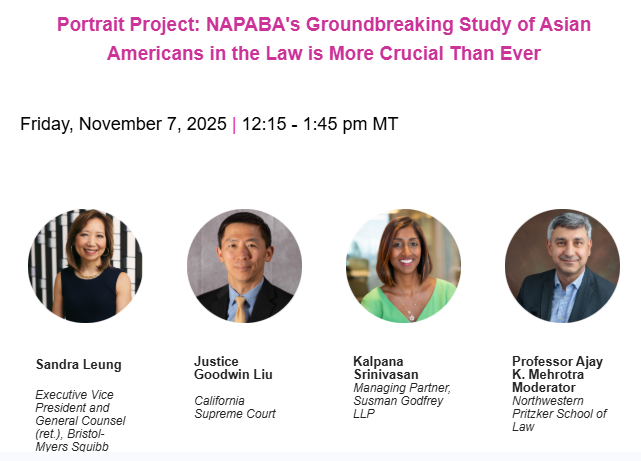
During the Friday Plenary Lunch, discussion centered on the Portrait Project, NAPABA’s groundbreaking study of Asian Americans in the Law, supported by the American Bar Foundation and NAPABA. This research provides critical statistics demonstrating the persistent barriers to advancement and underrepresentation of the Asian American legal community in the profession’s top ranks, especially as diversity and inclusion programs face increasing national pressure. AABANY has been a financial donor to the Portrait Project.
AABANY 2010 Annual Dinner Honoree Sandra Leung, former General Counsel of Bristol Myers Squibb Company, was among the speakers, offering an in-house perspective on the representation of AANHPI attorneys. She spoke about the importance of AANHPI attorneys to be in leadership roles, stating “if you aren’t at the table, you’re on the menu.” That resonated with many attorneys who have felt not involved in the decision-making at one point or another in their careers.
Key findings highlighted by the Portrait Project indicated that while there has been progress in federal judicial appointments and General Counsel roles, underrepresentation at the highest levels persists. The research suggests Asian American attorneys would benefit from greater institutional support to counteract stereotypes, facilitate soft skills development and relationship-building, and increase leadership opportunities. Justice Goodwin Liu reinforced this theme, quoting a participant who stated, “Instead of another cooking class, talk to me about retention.”
AABANY Members Sworn into NAPABA Board
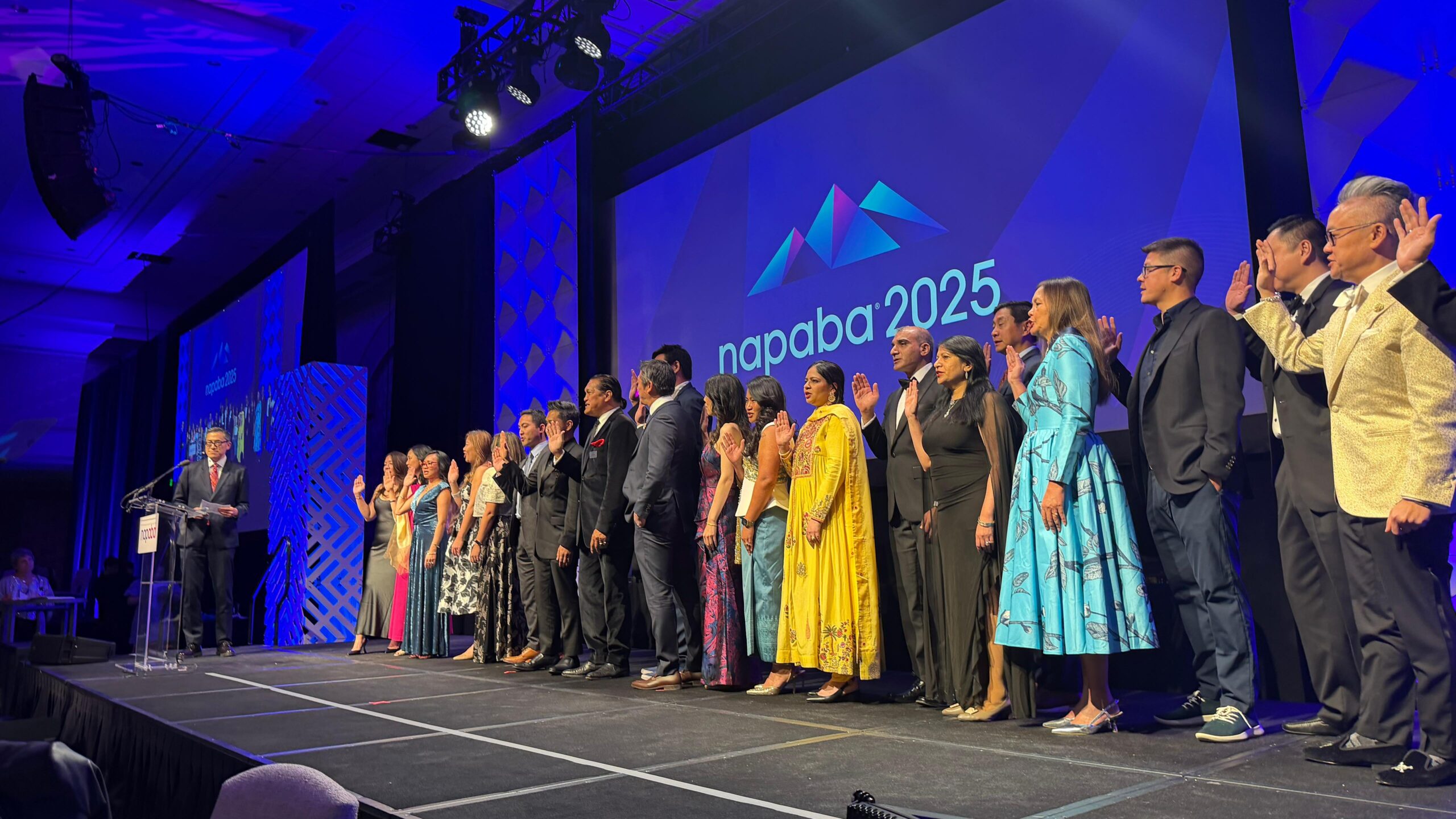
During the Premier Event, the 37th Anniversary Gala on Saturday evening, AABANY members Anushree Bagrodia (Vice President & Senior Managing Counsel, Mastercard), Sapna Palla (Past President; Trial Lawyer and Partner, White & Case LLP), and Vishal Chander (Board Member and Issues Committee Co-Chair; Managing Attorney, The Chander Law Firm, P.C.) were all officially sworn in as At-Large Members of the NAPABA Board.
AABANY congratulates and thanks Anushree, Sapna and Vishal for their service on the NAPABA Board, along with Glenn D. Magpantay (AABANY Board Member; Commissioner at the U.S. Commission on Civil Rights) for being appointed as a Northeast Alternate Regional Governor for NAPABA.
Gala Keynote
The Gala featured a fireside chat with keynote speakers Katie Phang and Rich Ting. Their conversation spanned Rich Ting’s career transition from attorney to acclaimed actor, and explored the evolving landscape of Asian American representation in Hollywood during polarizing times. Fun fact: Rich Ting has a law degree and was about to start his legal career at a prominent law firm until Hollywood called … and now he no longer has to worry about keeping up his CLE credits.
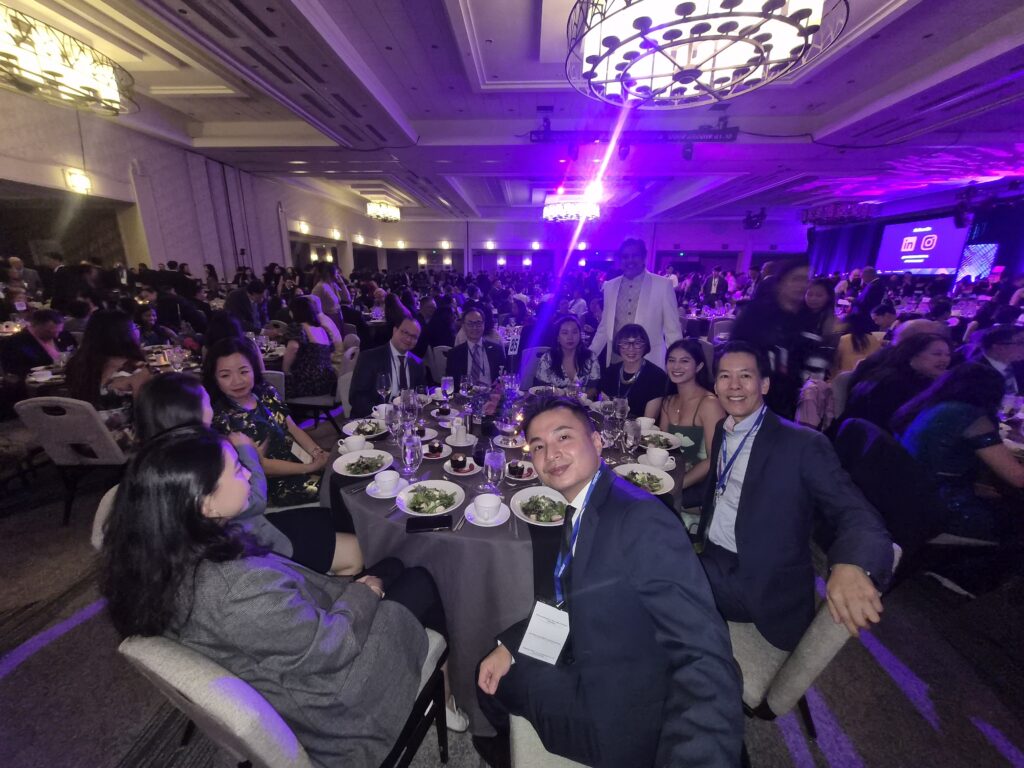
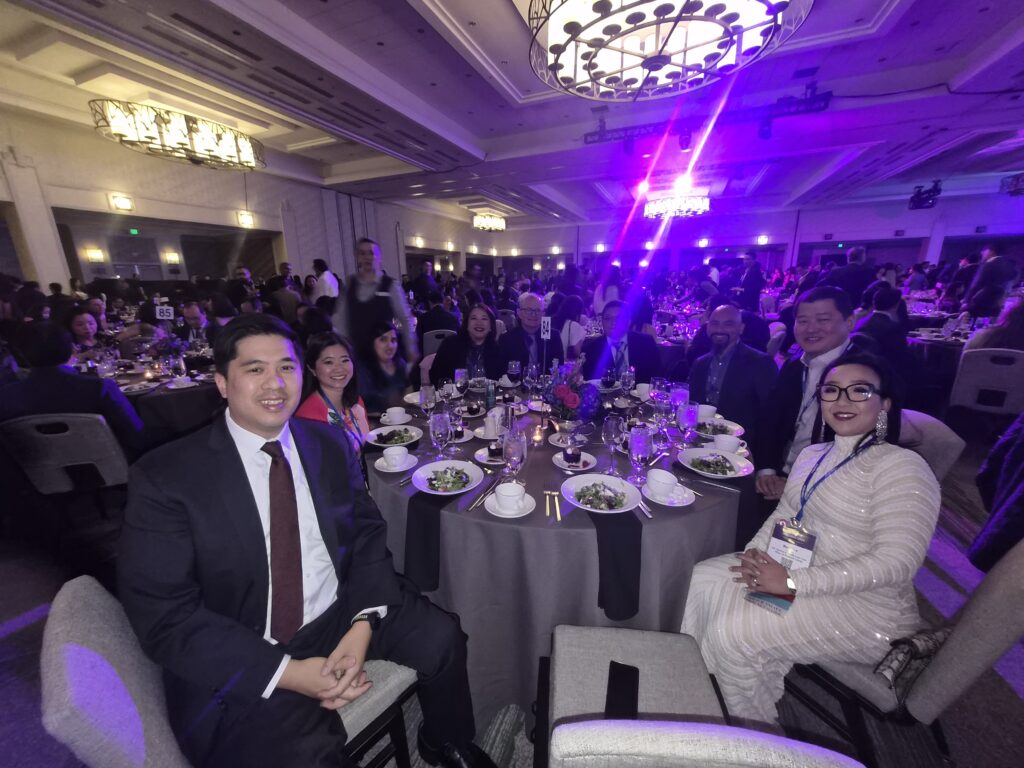
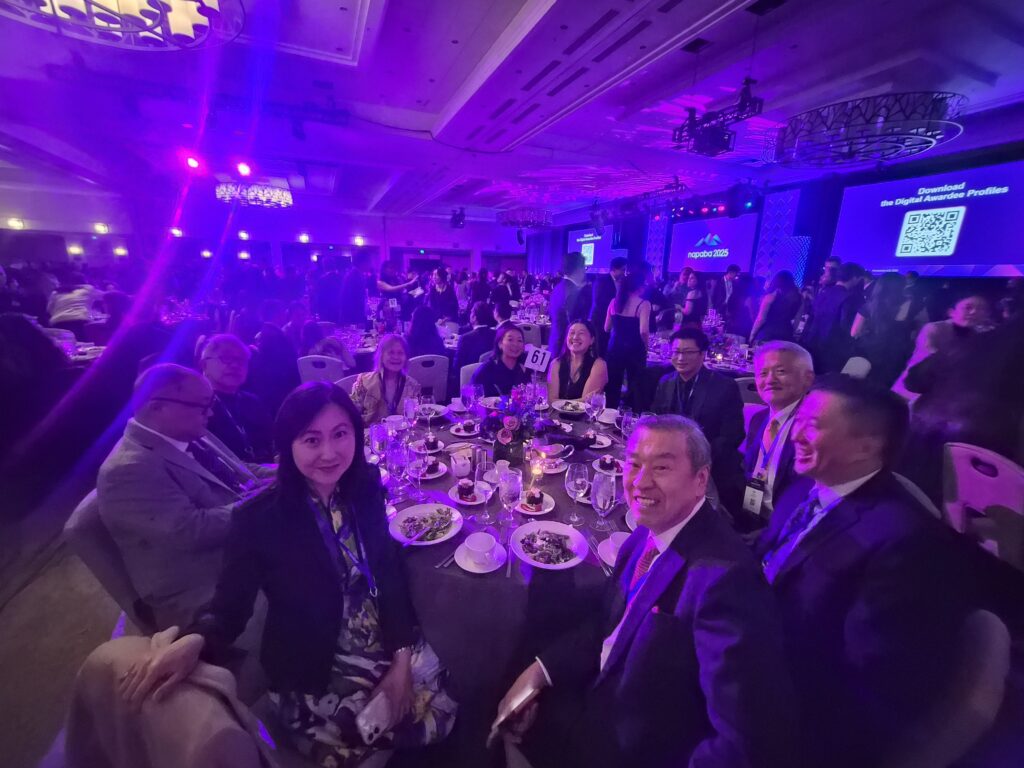
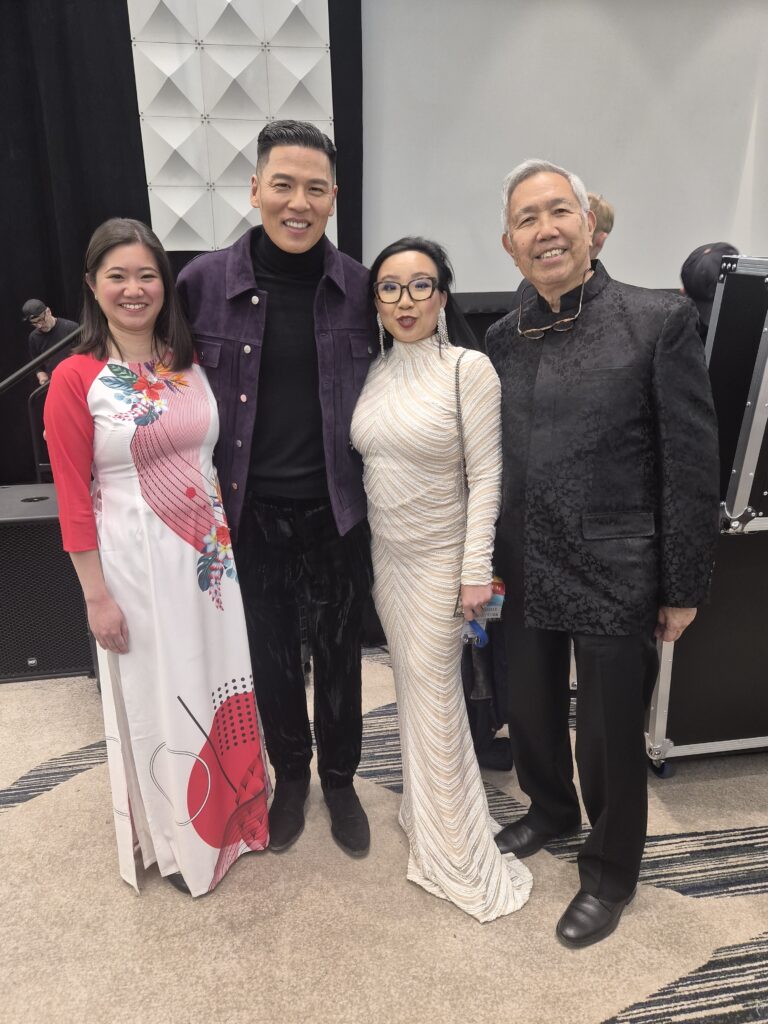
Social Activities
Beyond the formal events, AABANY members gathered for a variety of social activities, including morning yoga sessions, board game night (organized by our own Jeffrey Mok, Board Director, Issues Committee Co-Chair, and Principal at Fish & Richardson), and karaoke (separate events sponsored by Groombridge Wu and Littler, both long-time sponsors of AABANY), as well as exploring the areas around Denver!
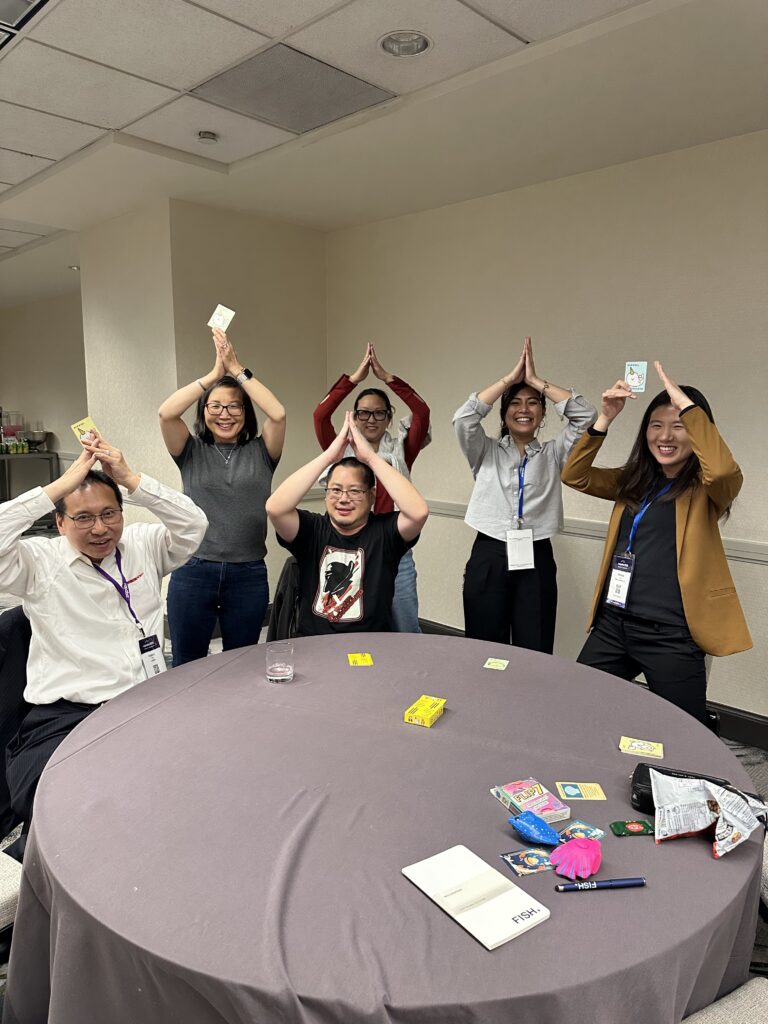
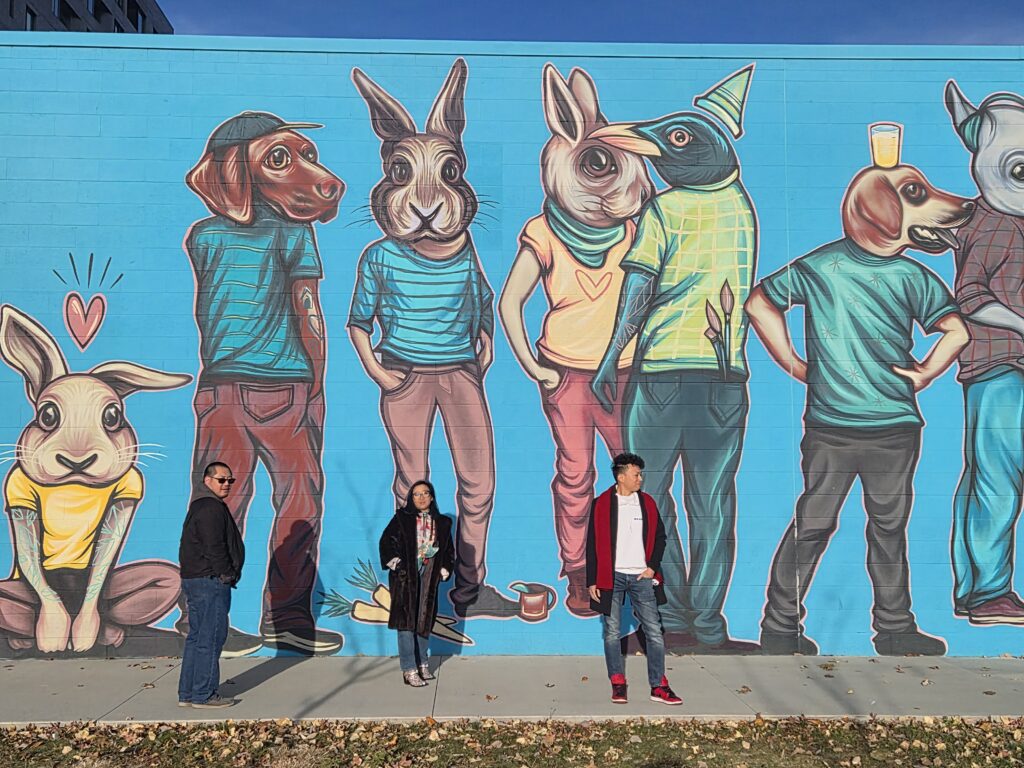
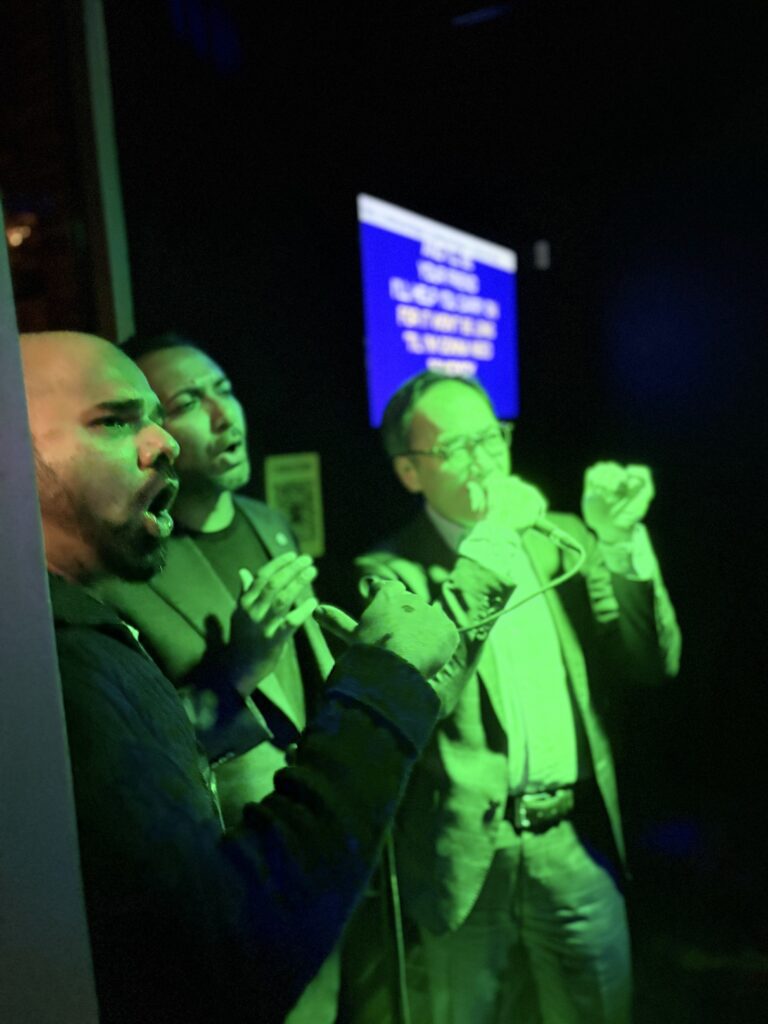
Thomas Tang Moot Court Competition
The national finals for the Thomas Tang Moot Court Competition took place during the NAPABA Convention. Law students from the New York area participated, alongside volunteer judges from AABANY. We congratulate all participants and the winning team: Audrey La and Josh Shimabukuro from Loyola University Chicago School of Law, who had previously won the regional competition round in New York in October.
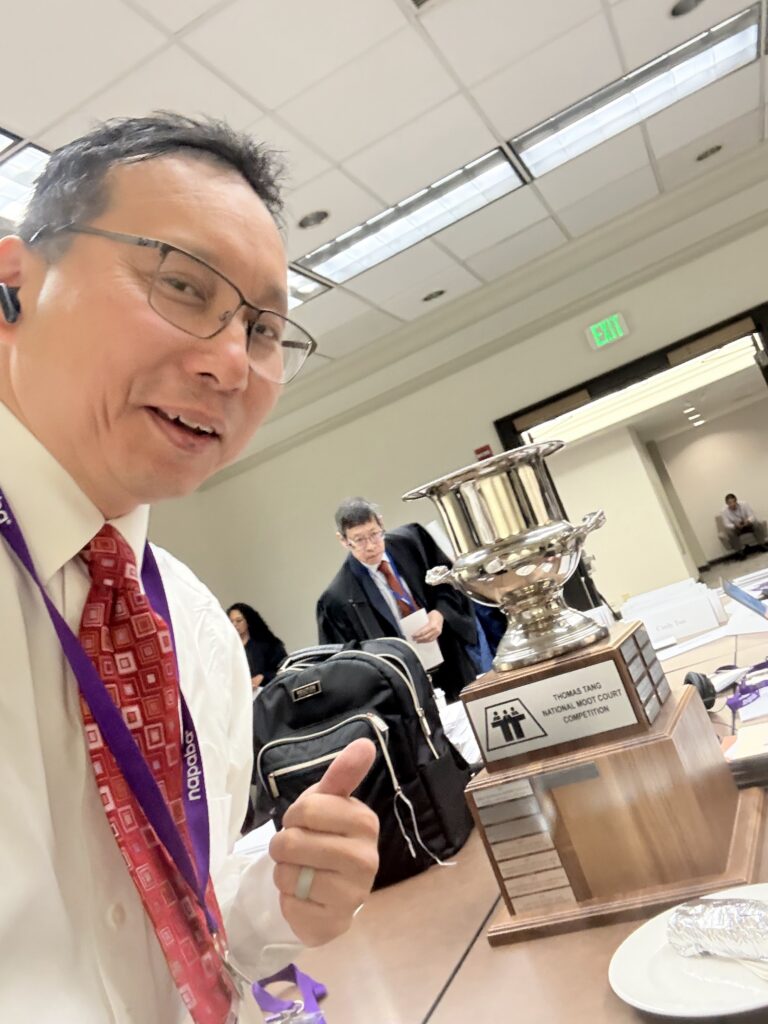
A Community and a Family
Despite flight cancellations and delays experienced by many AABANY members on their return home, the spirit of mutual support endured, with members reaching out, sharing resources, and ensuring everyone arrived home safely. This supportive behavior exemplified the core takeaway from the convention: AABANY is more than just a community—it is a family that comes together to uplift and assist one another.
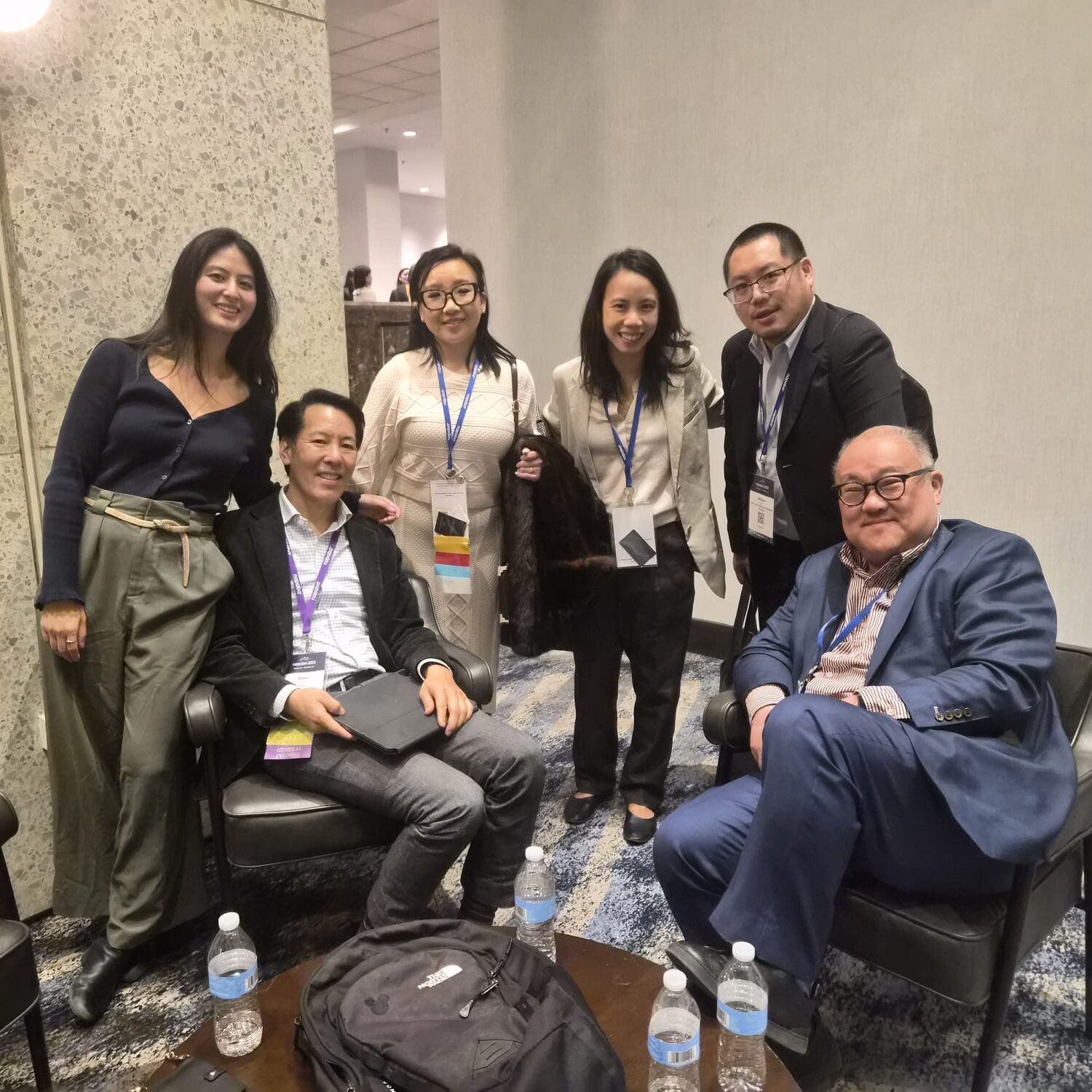
We look forward to the next NAPABA Convention in Los Angeles, scheduled for November 12-15, 2026 at the JW Marriott L.A. Live.
More photos, shared by various AABANY members, can be found at this album here.













